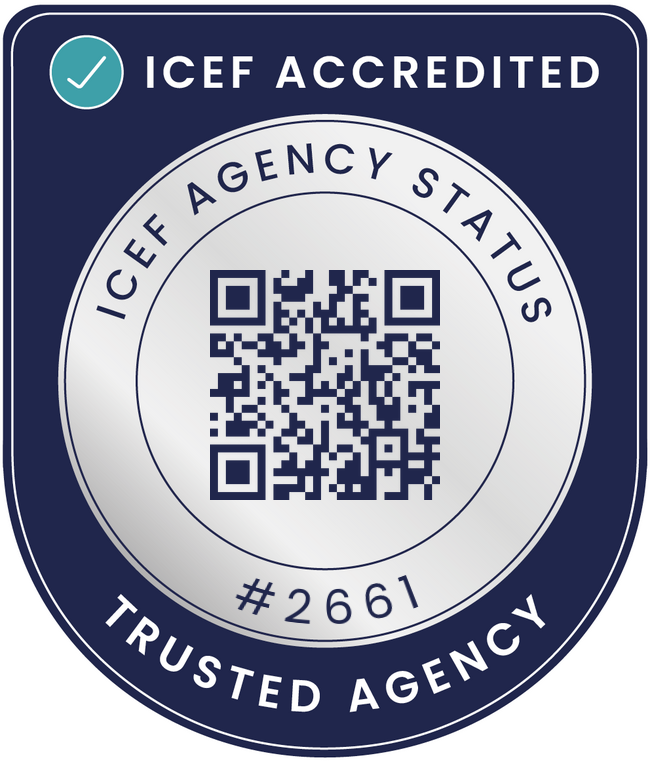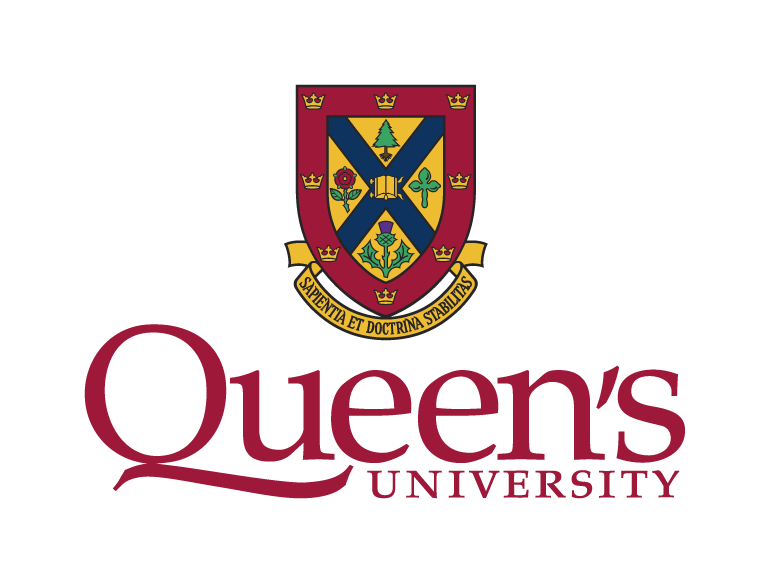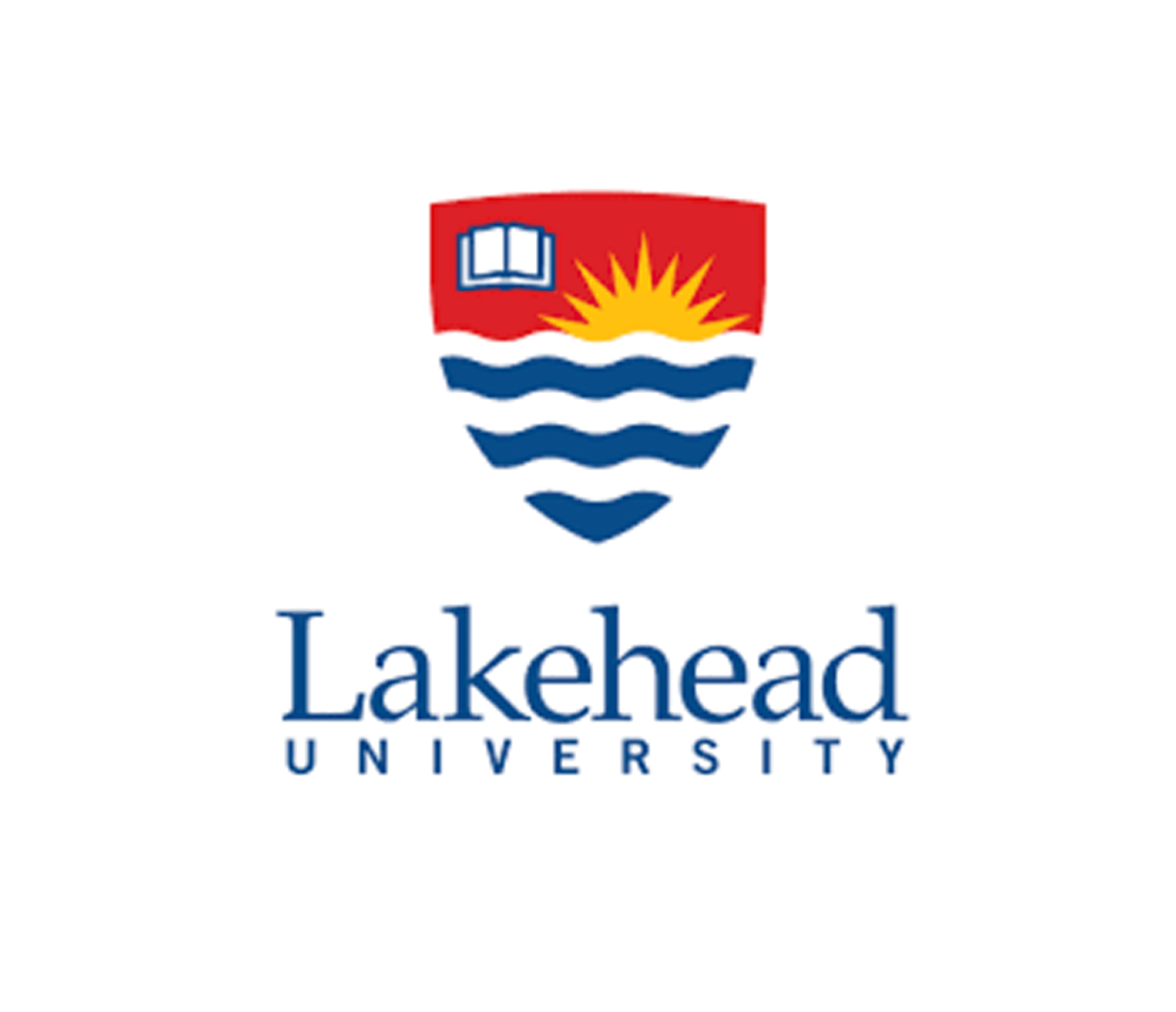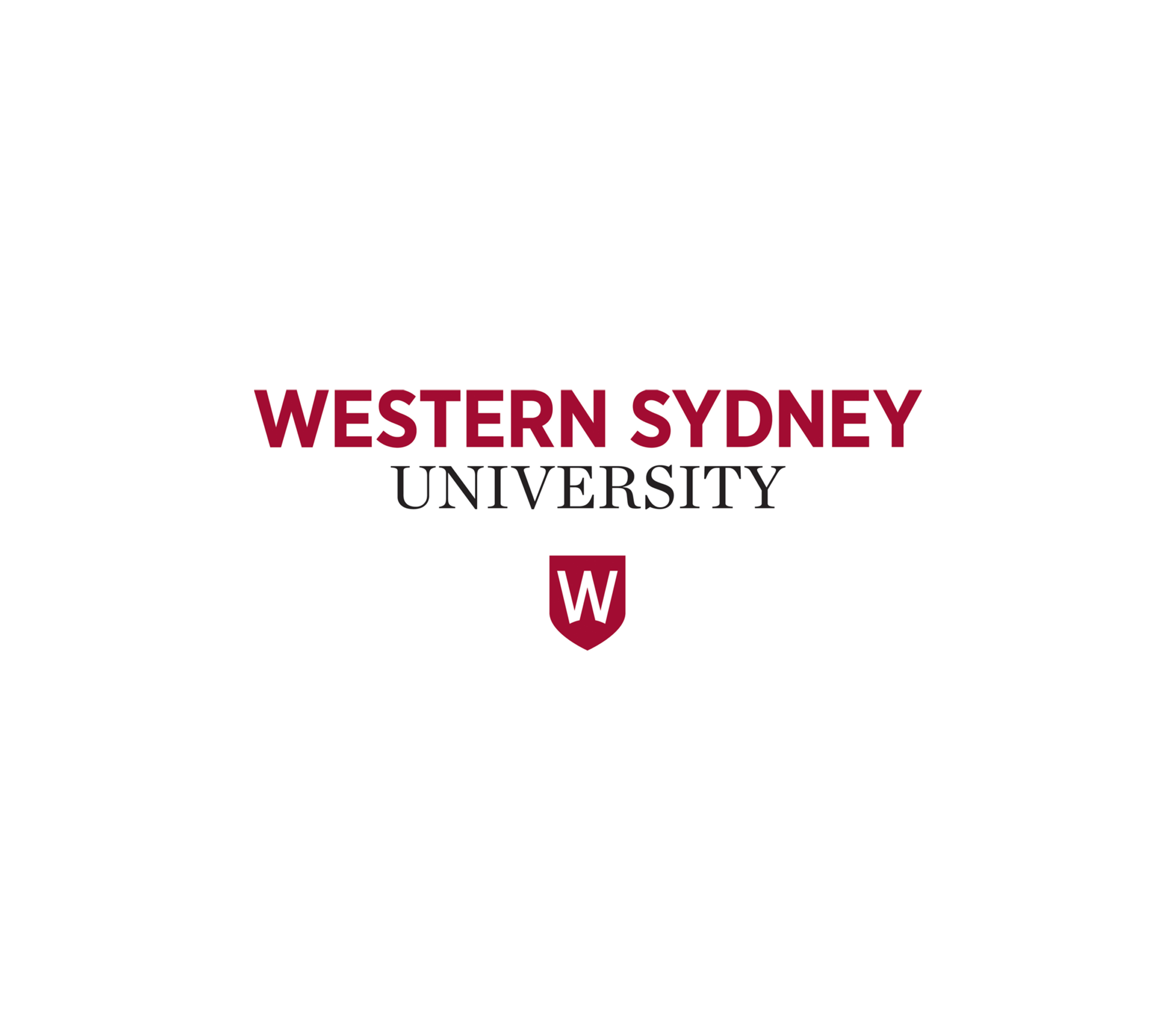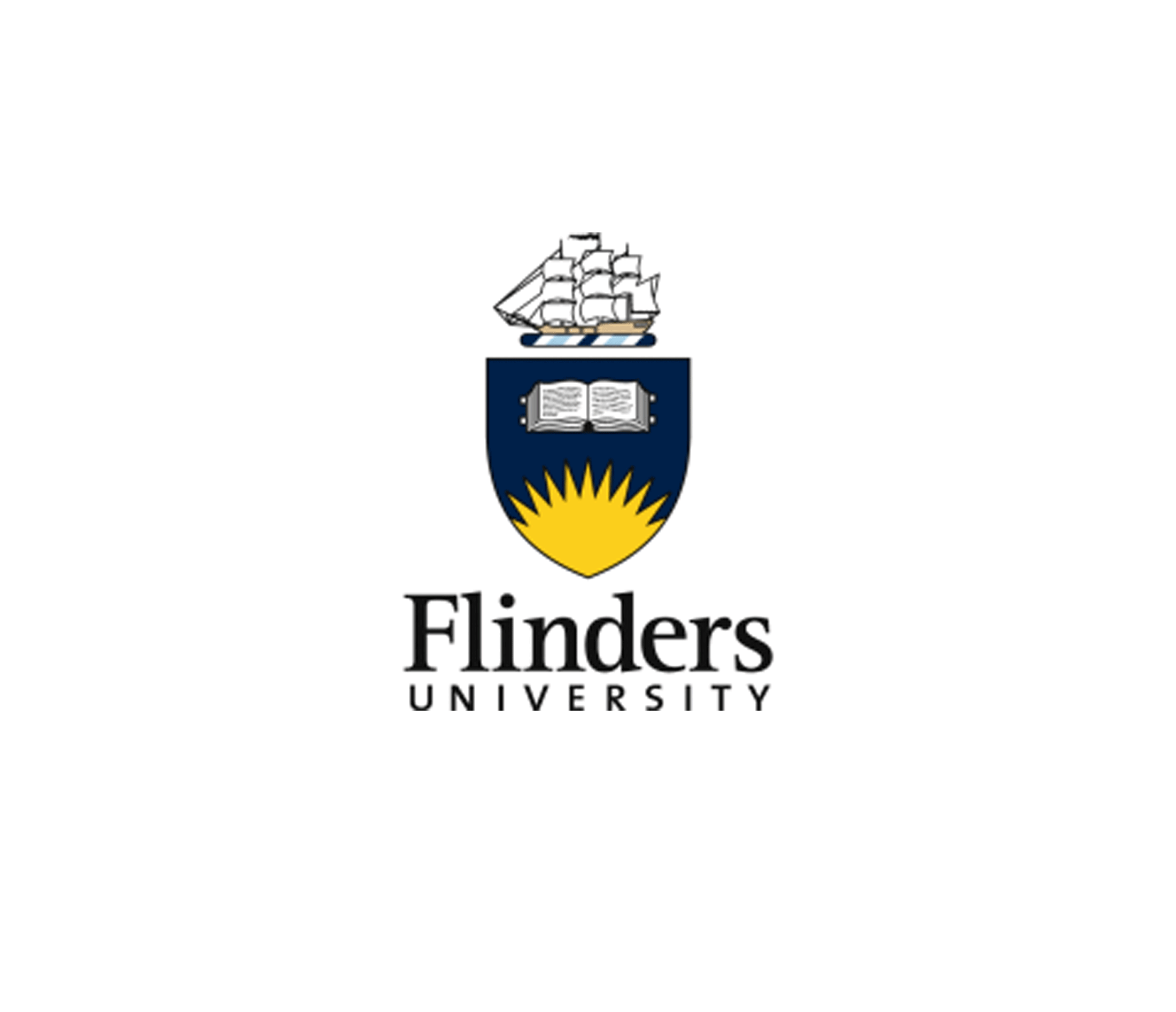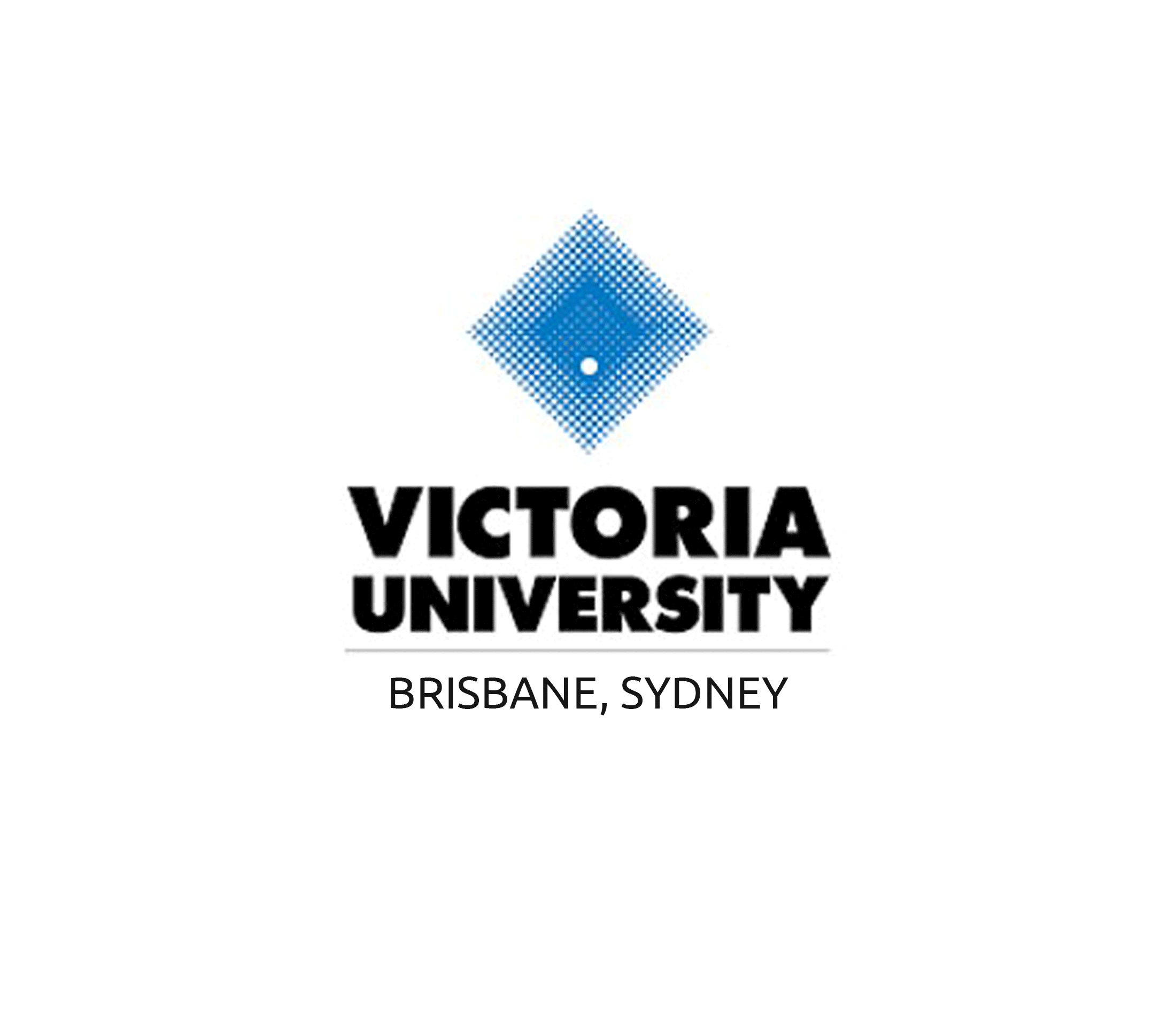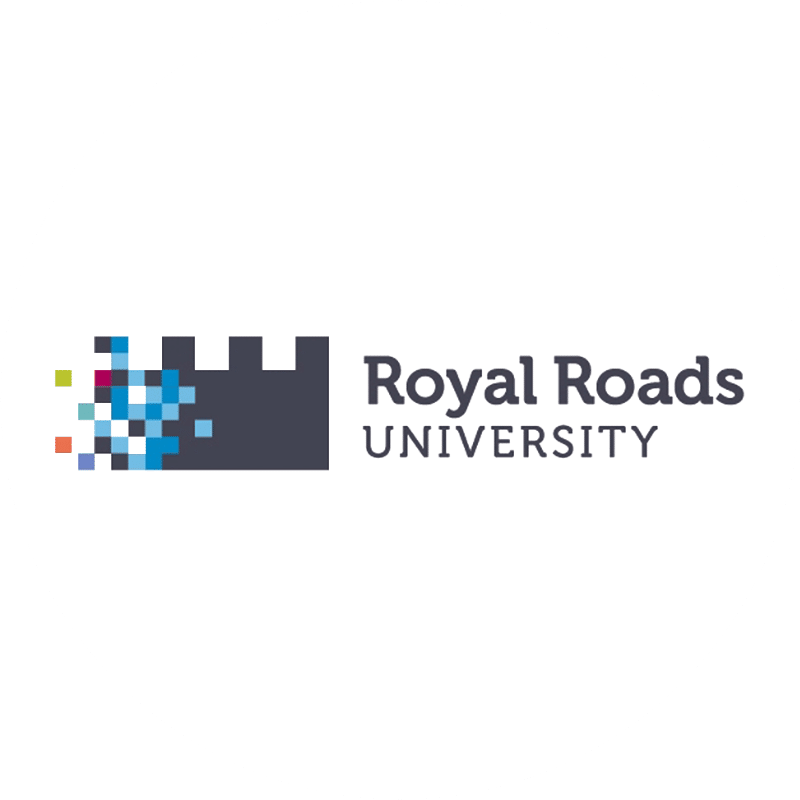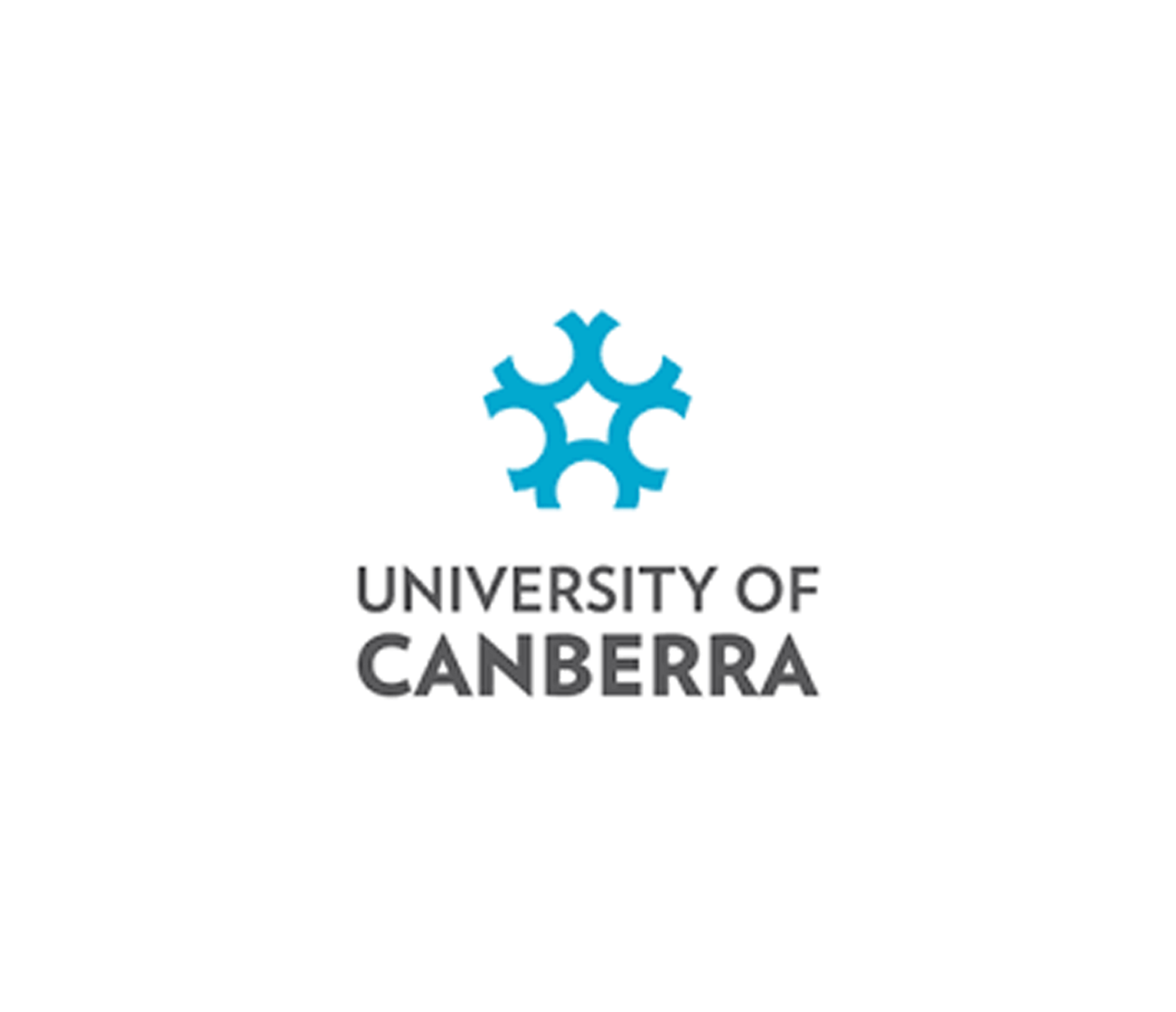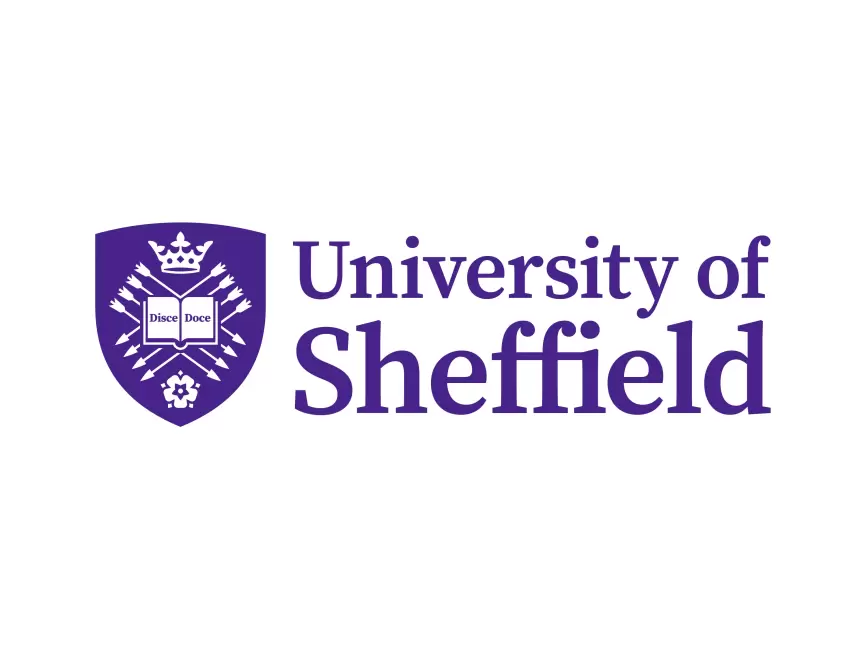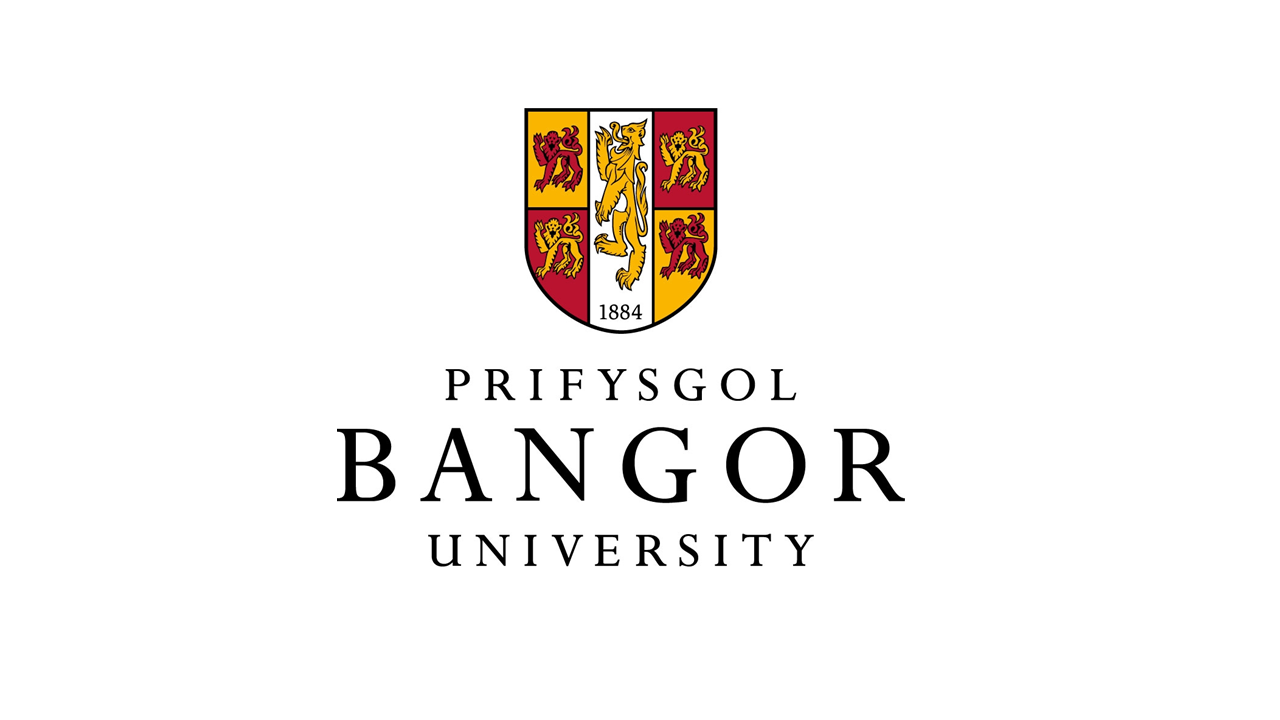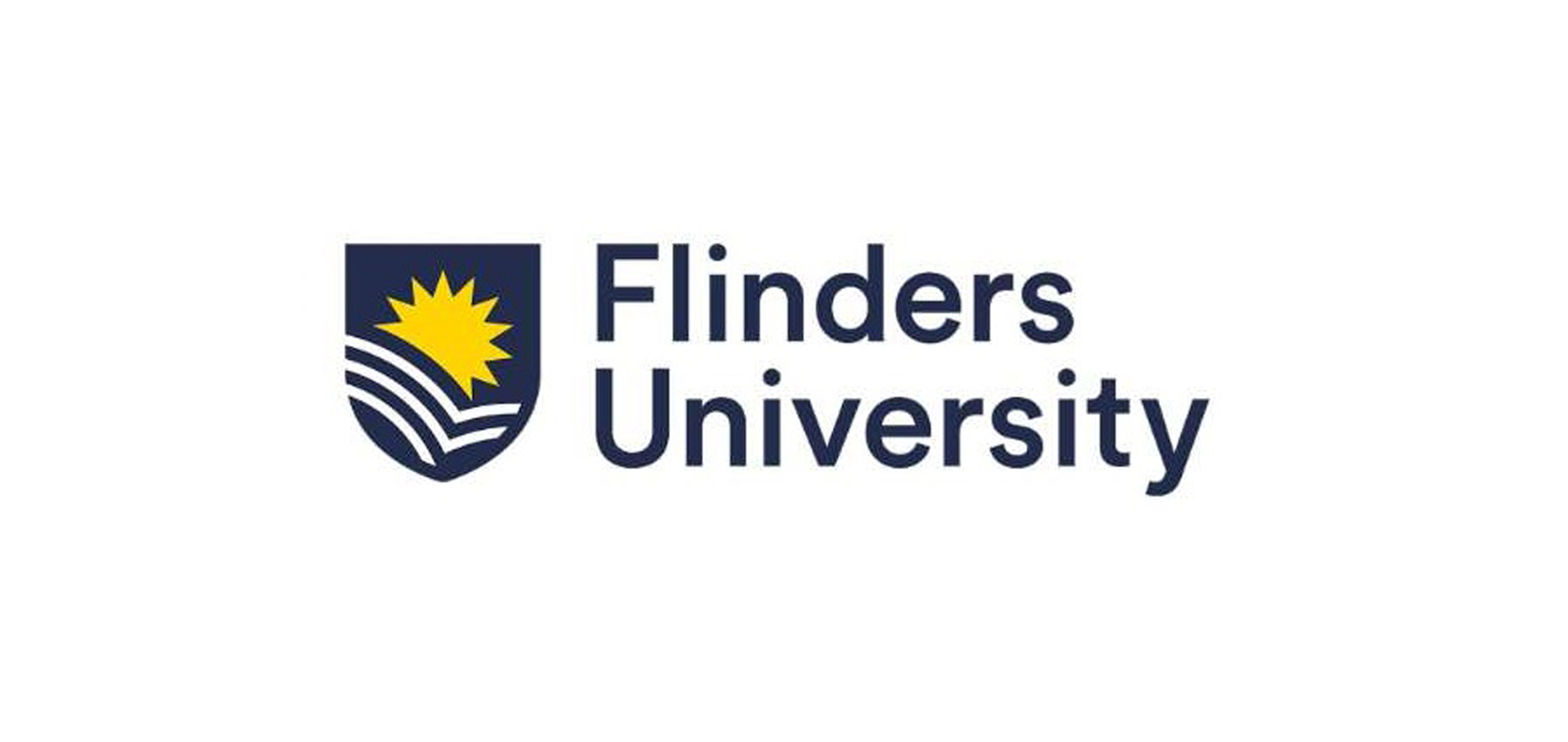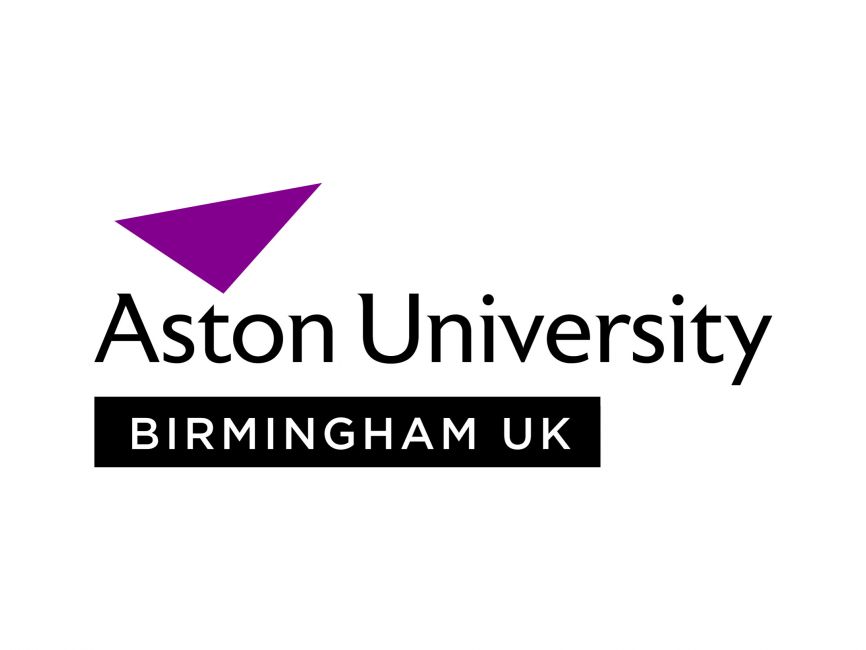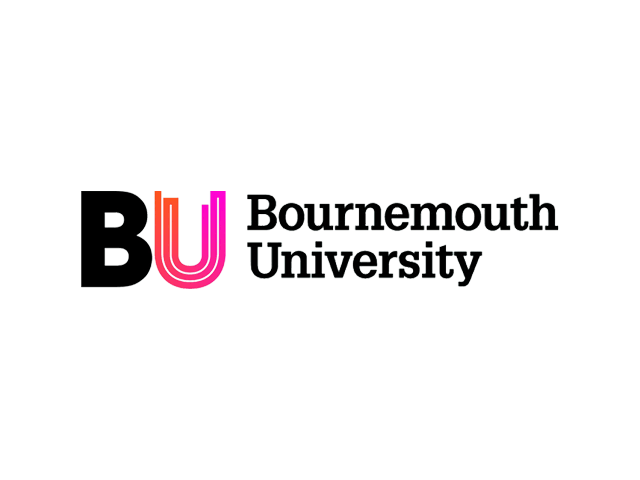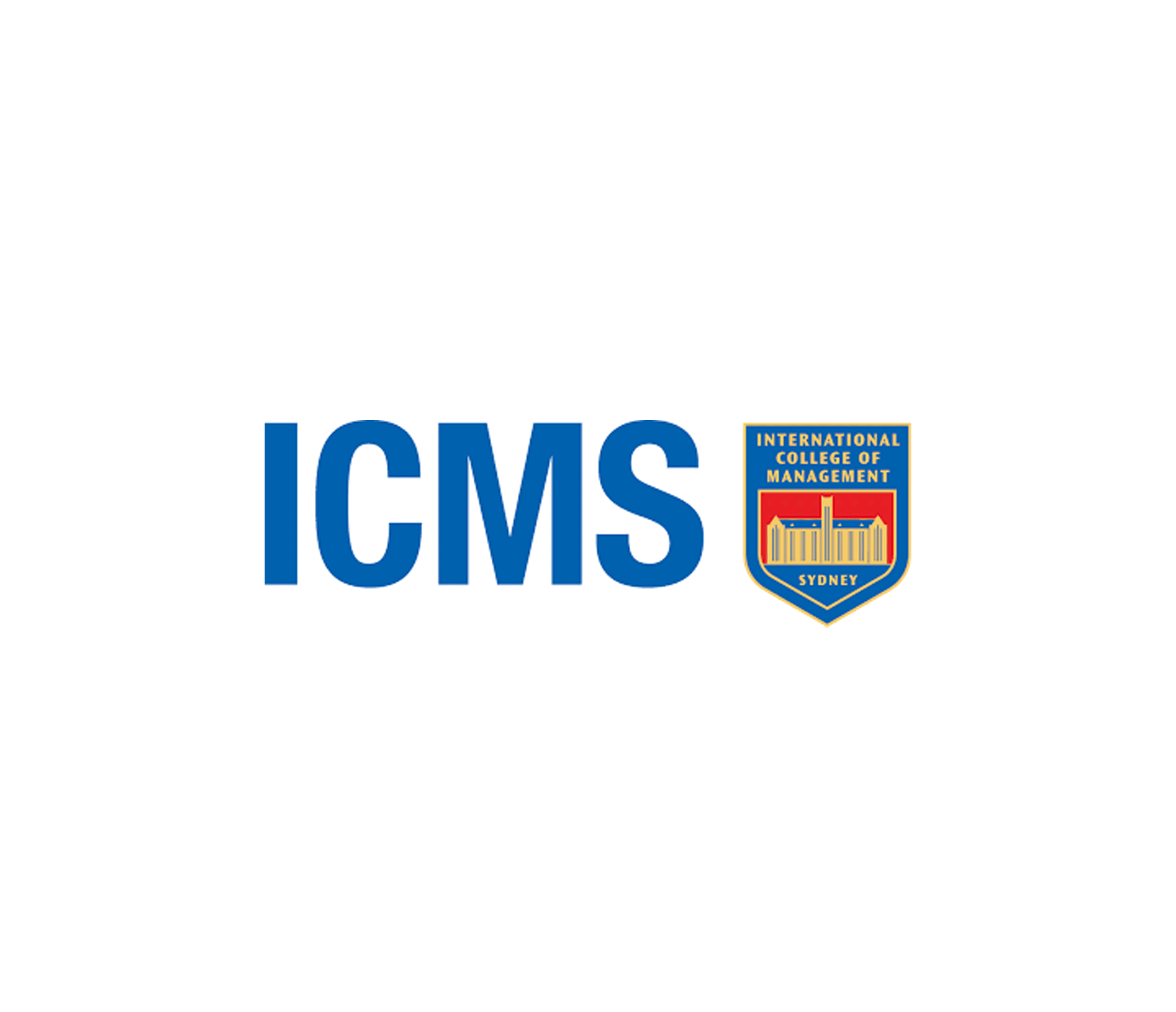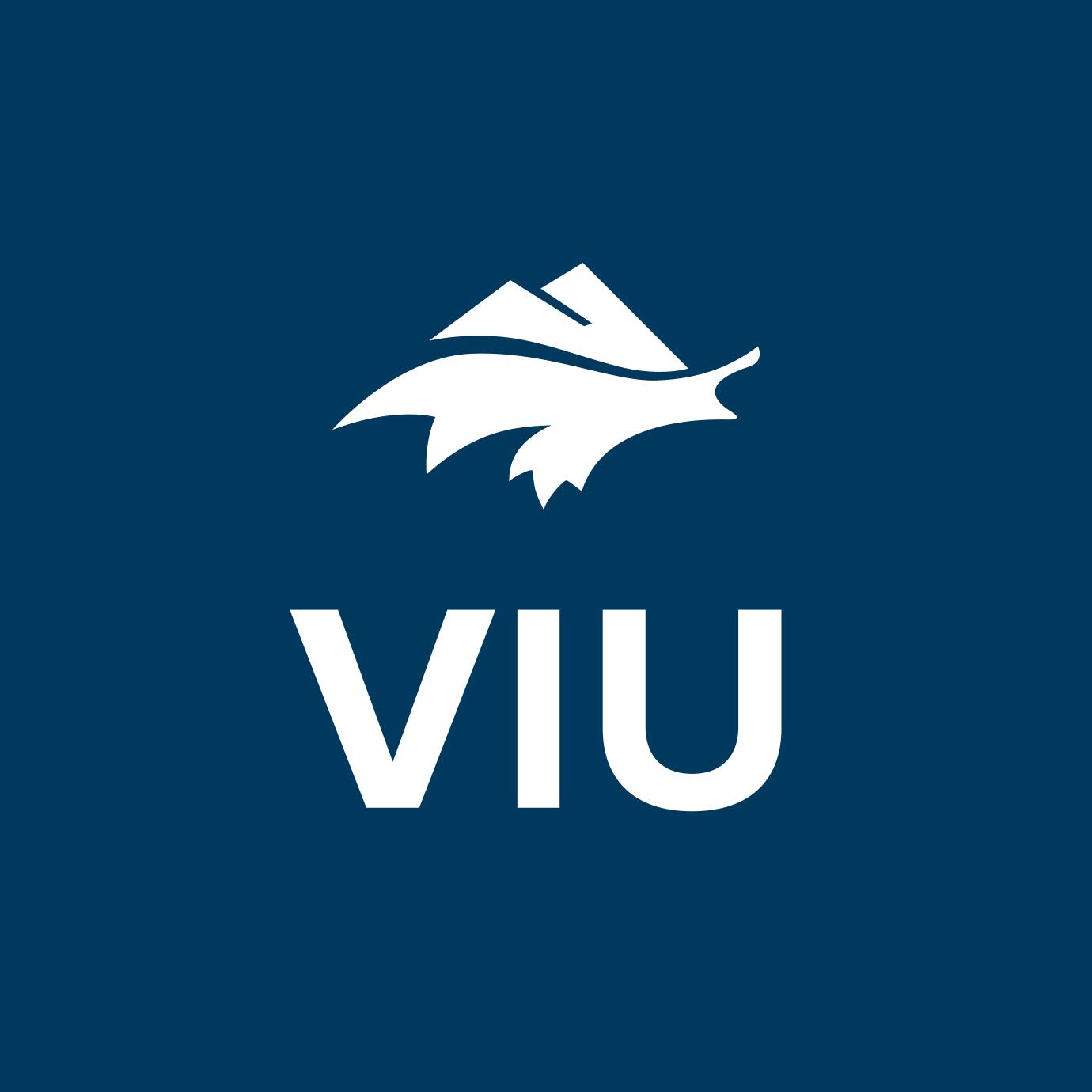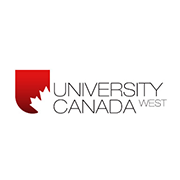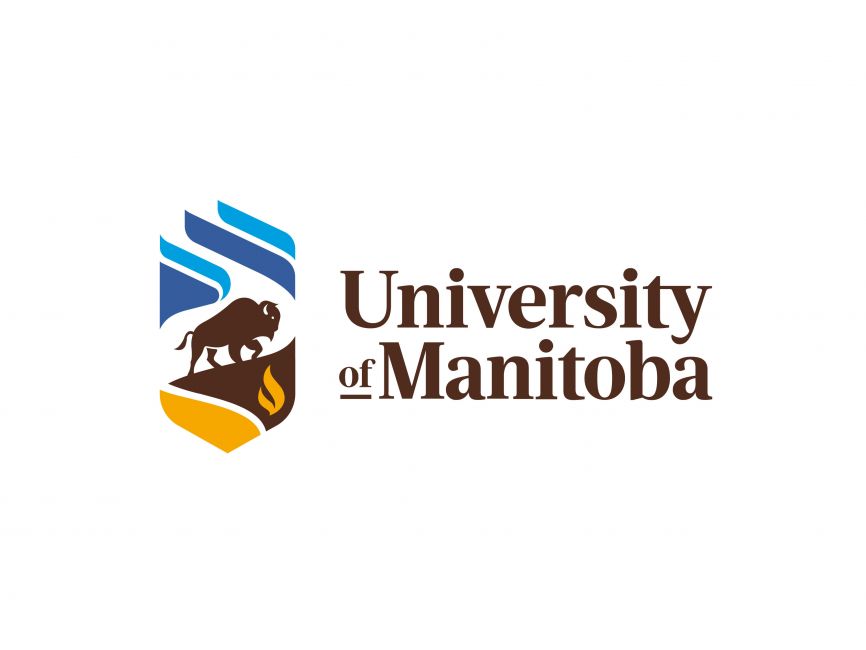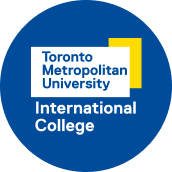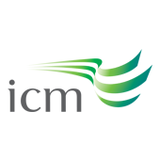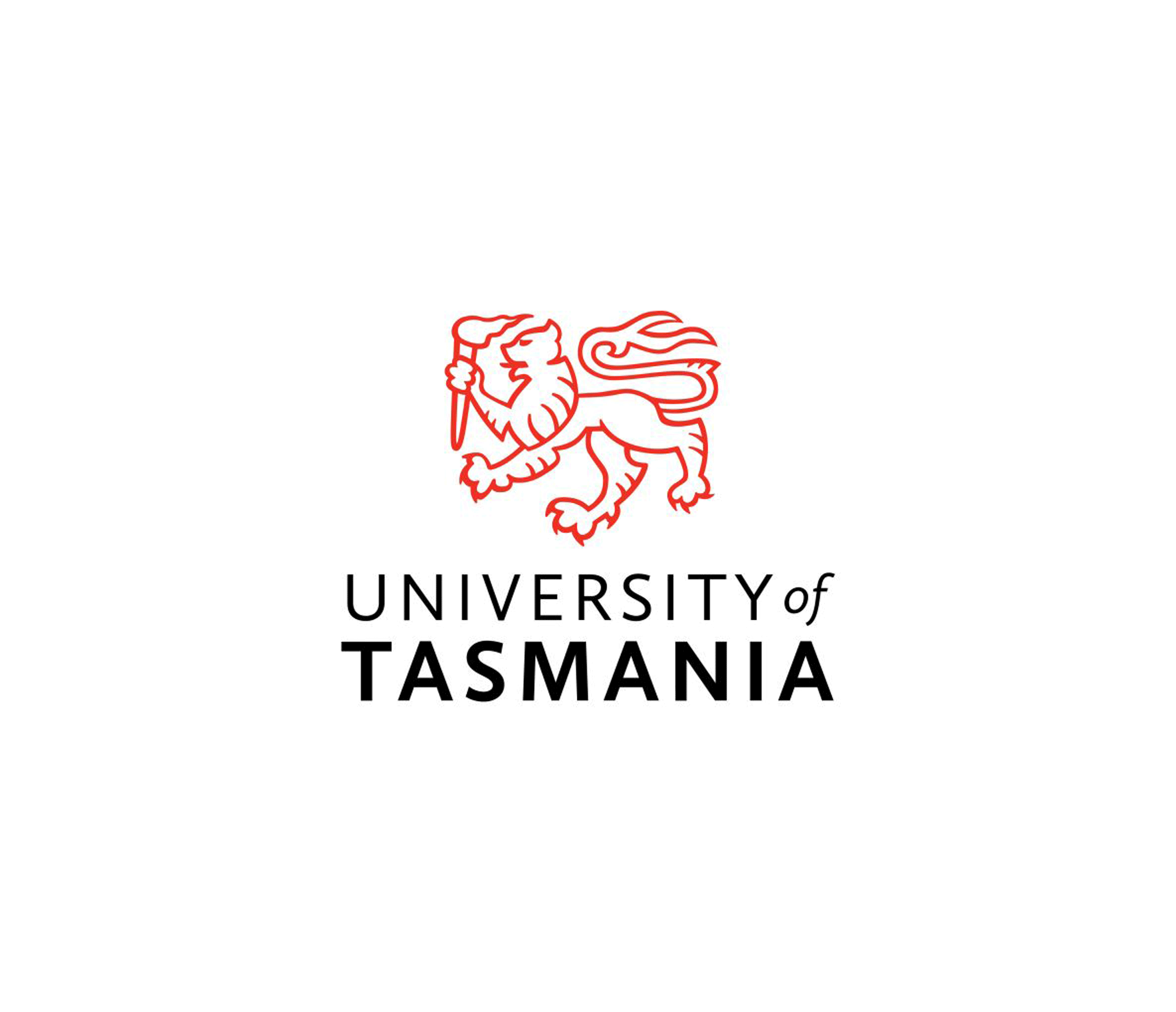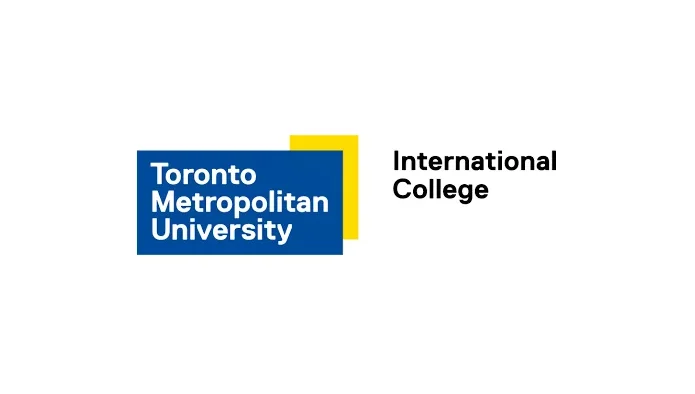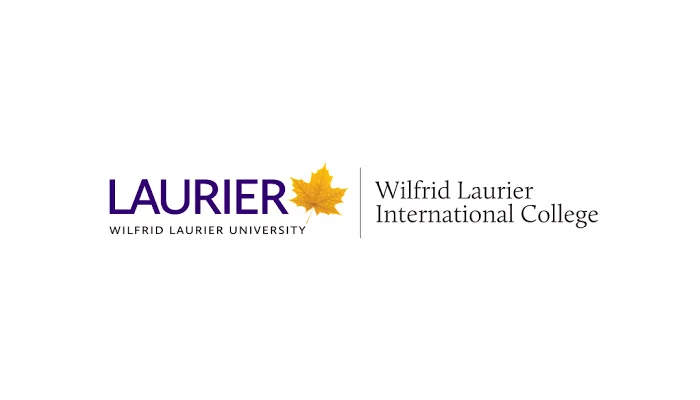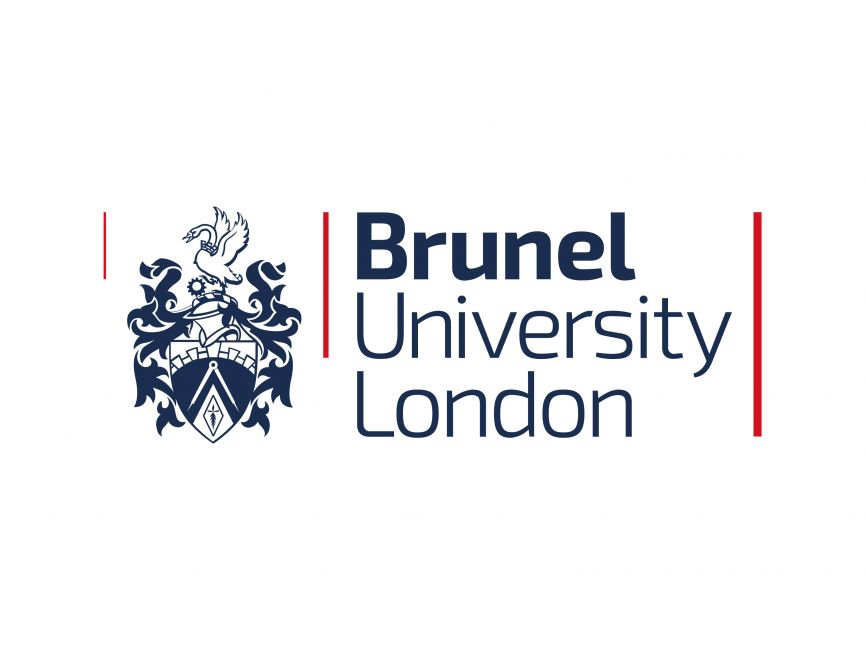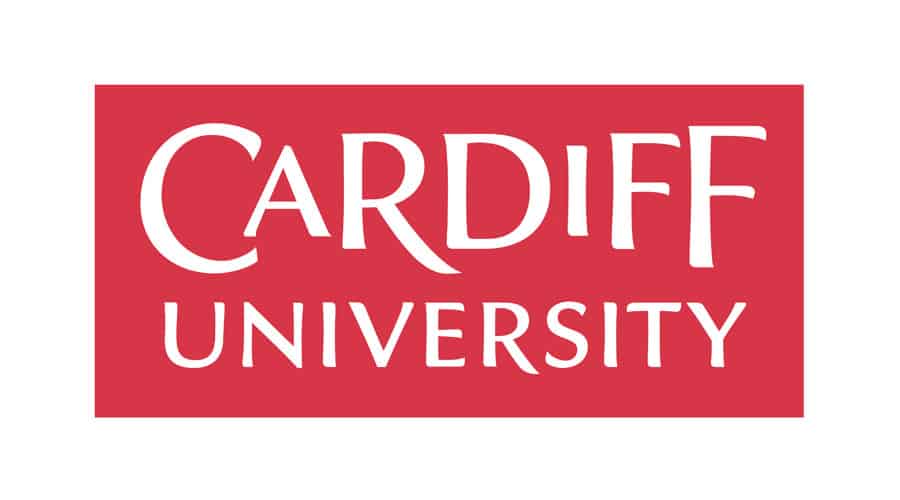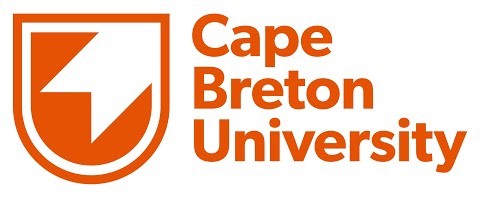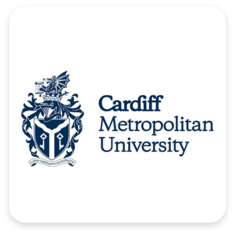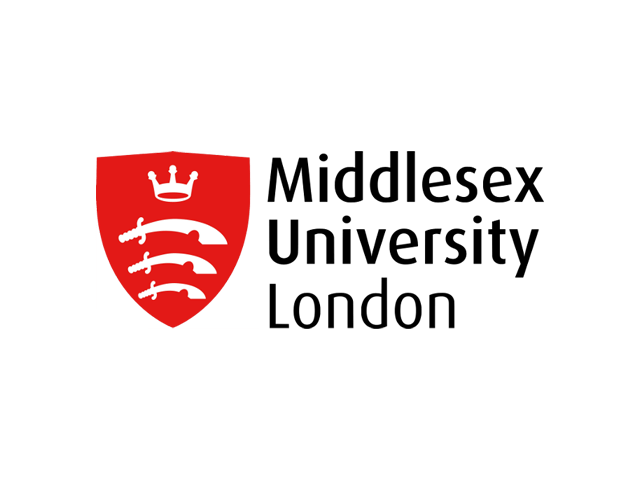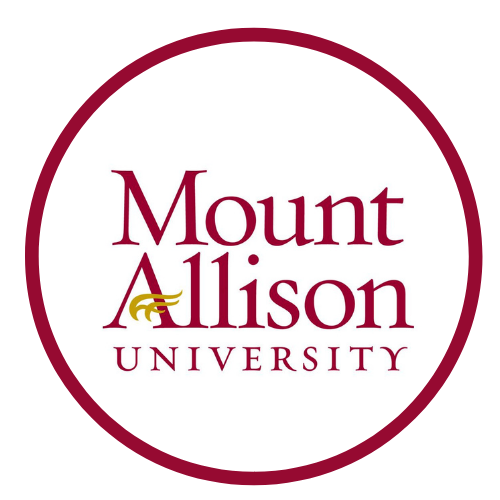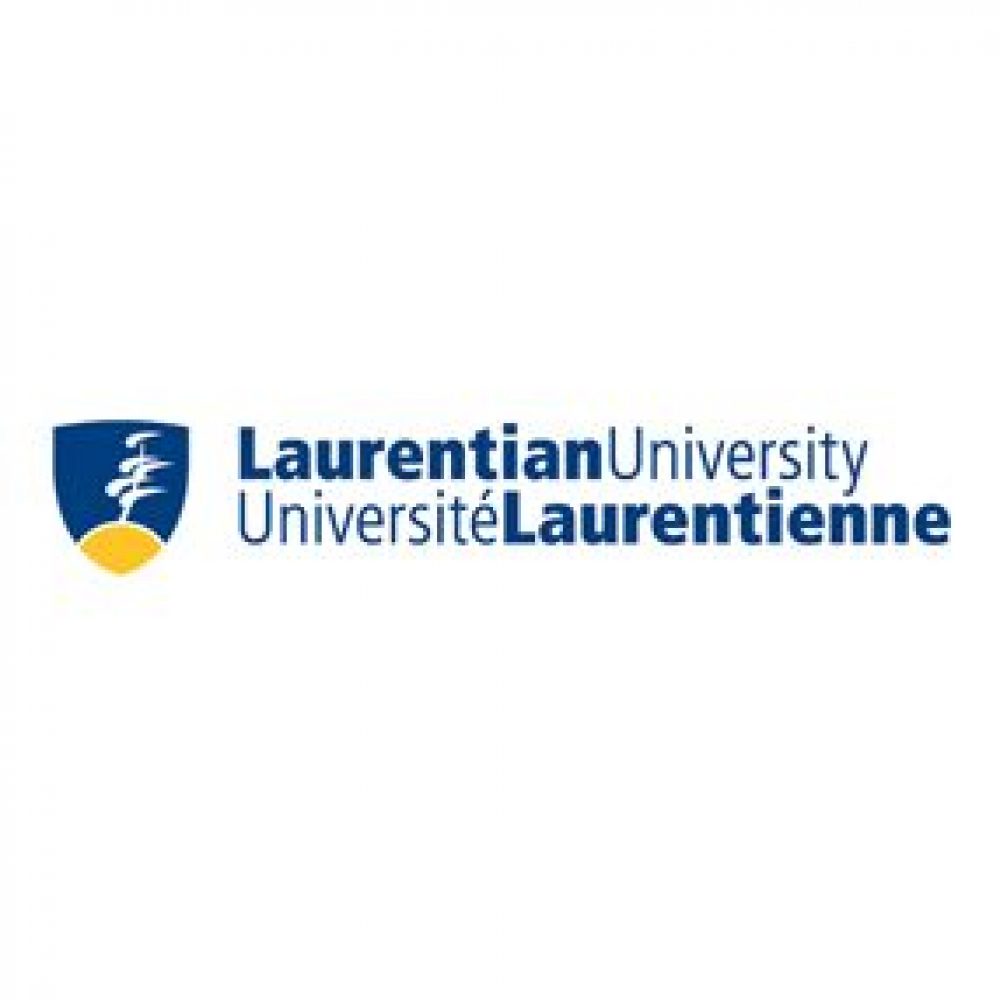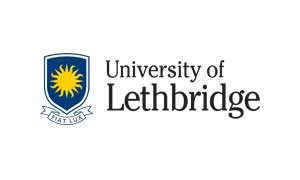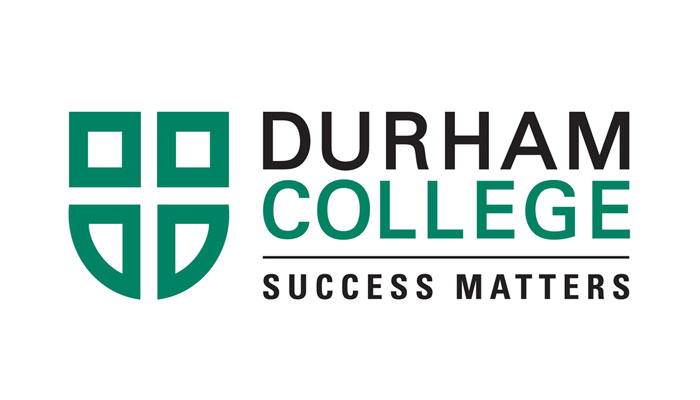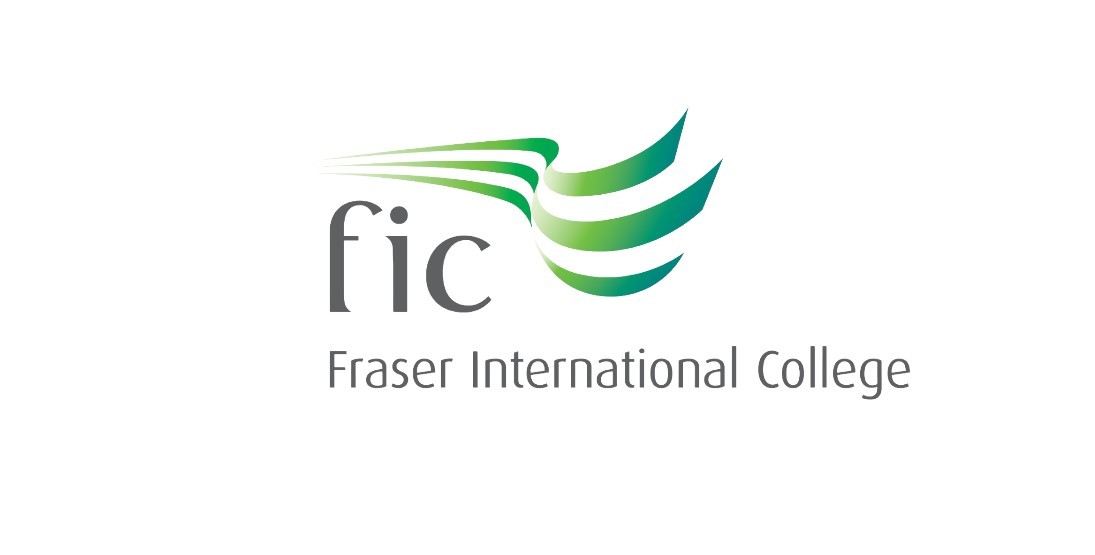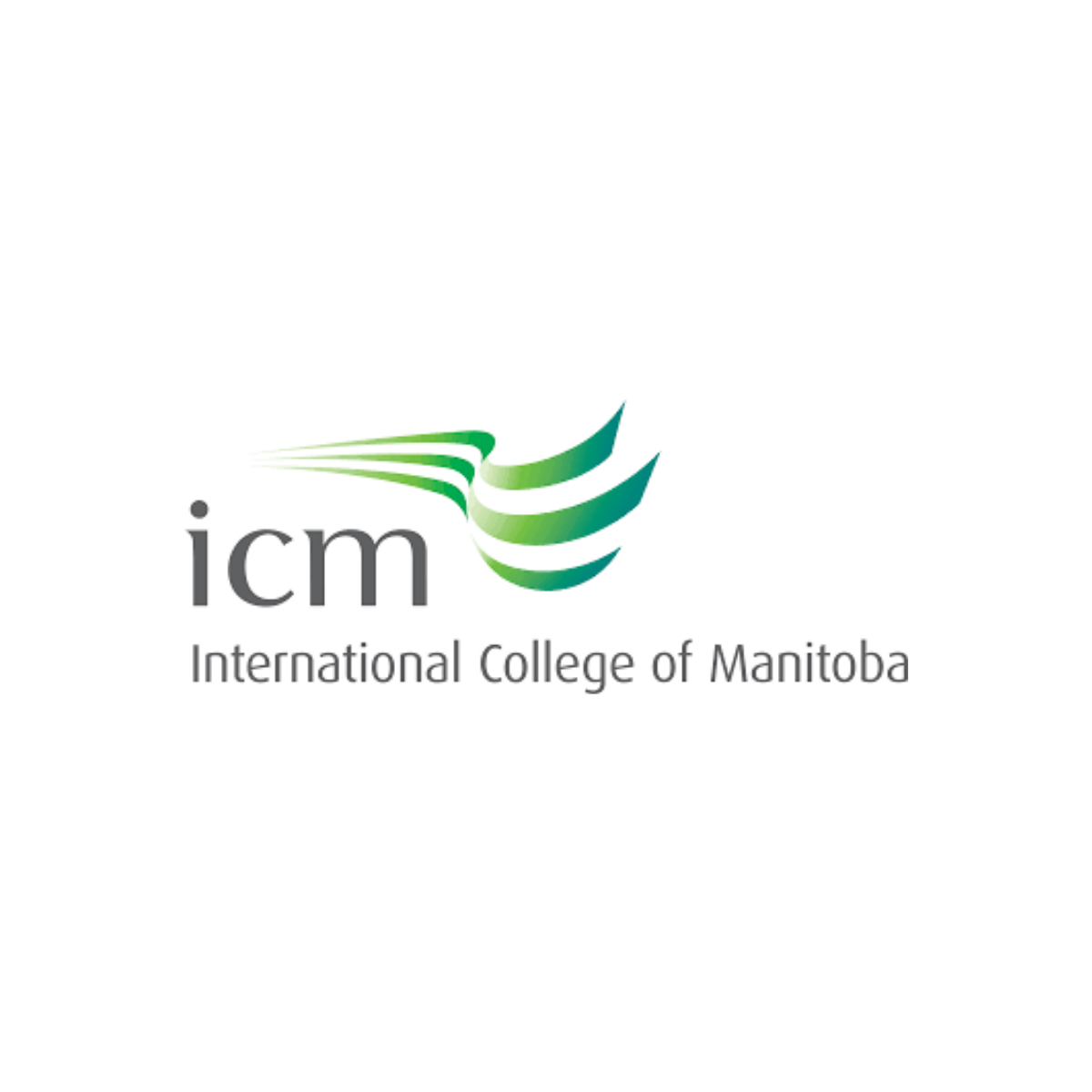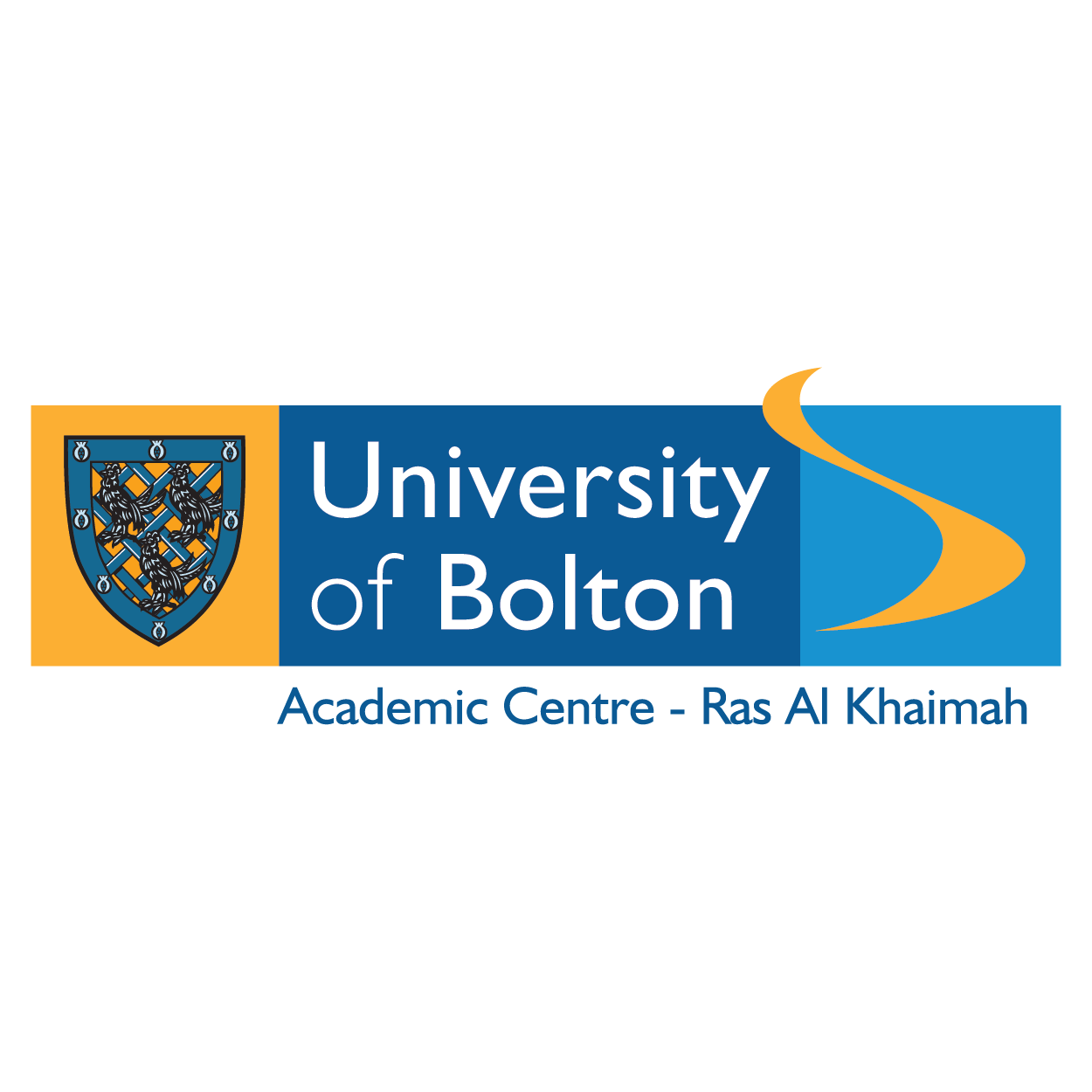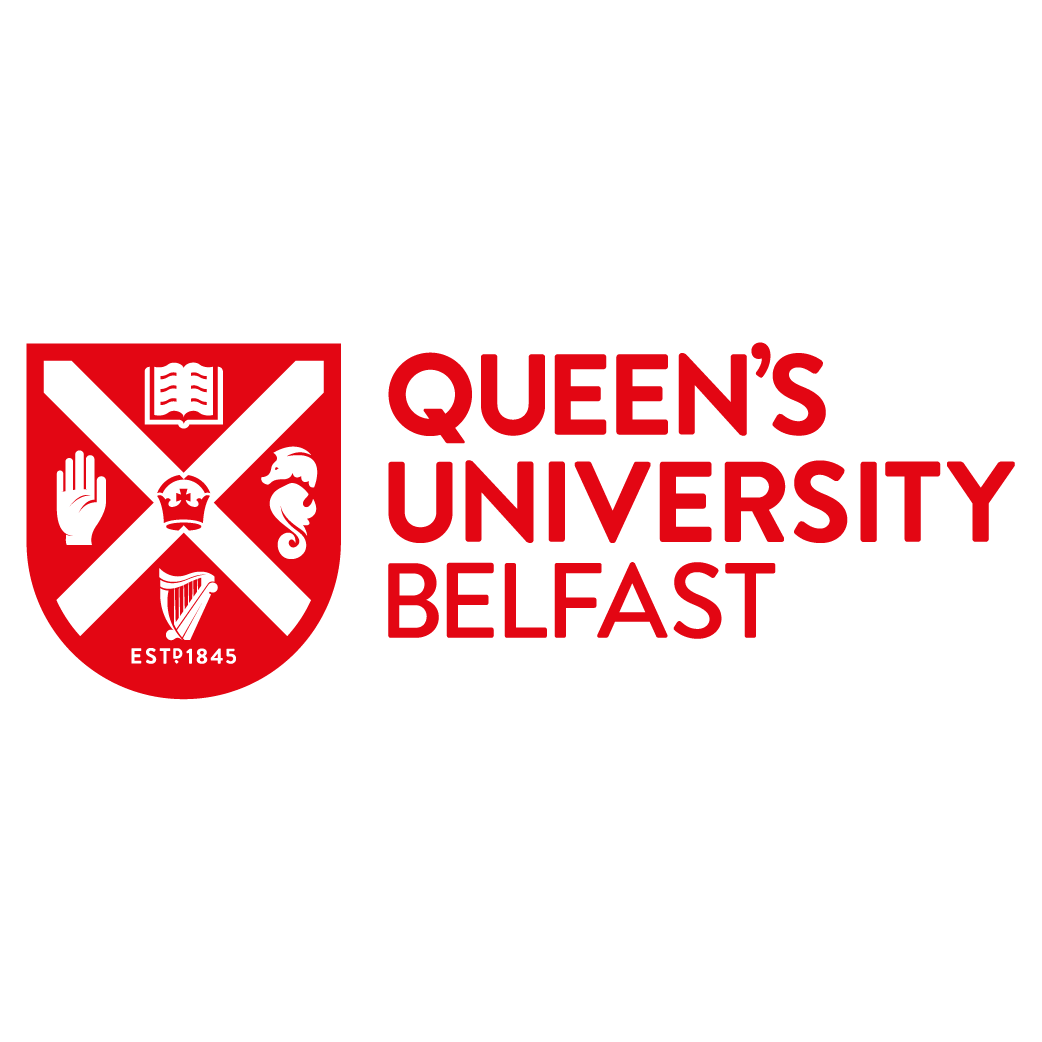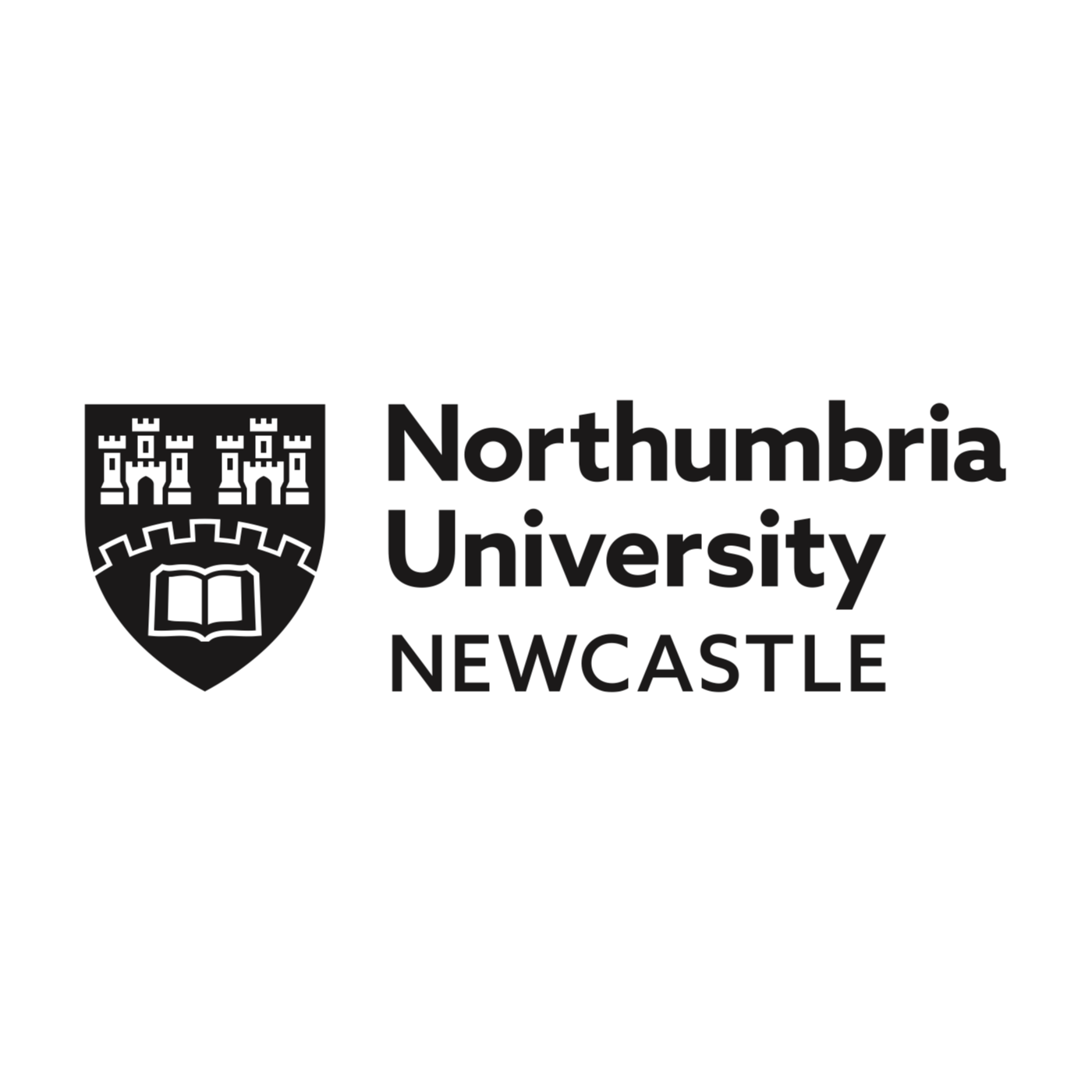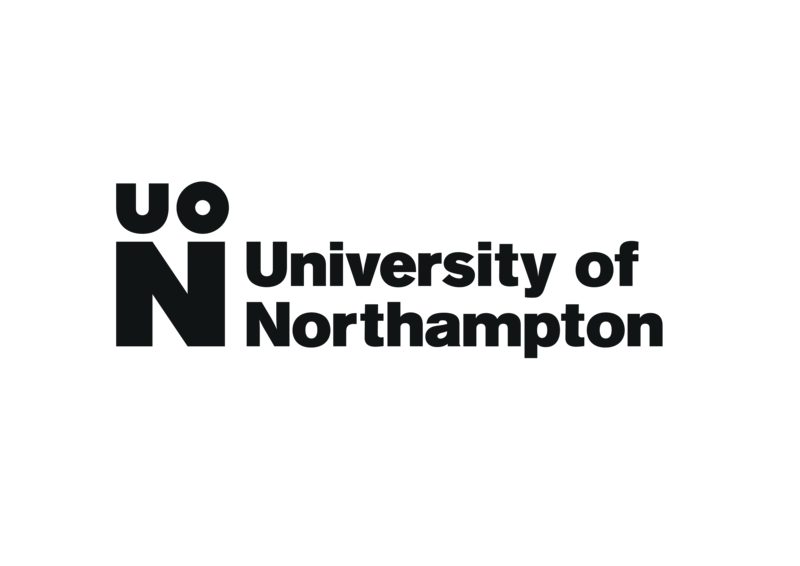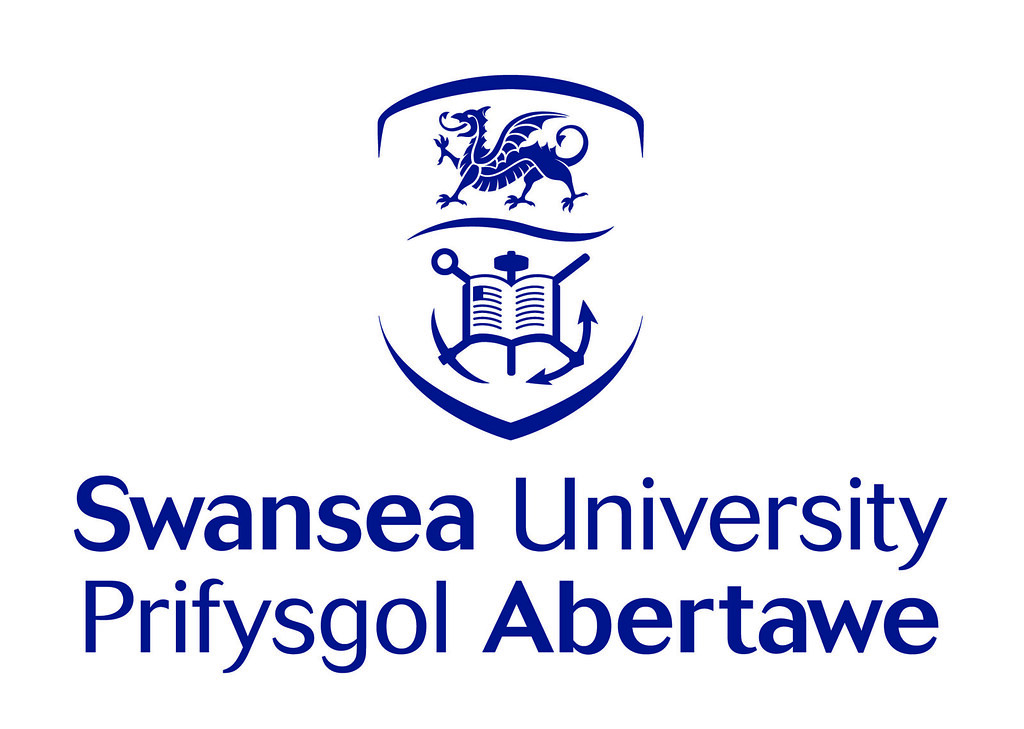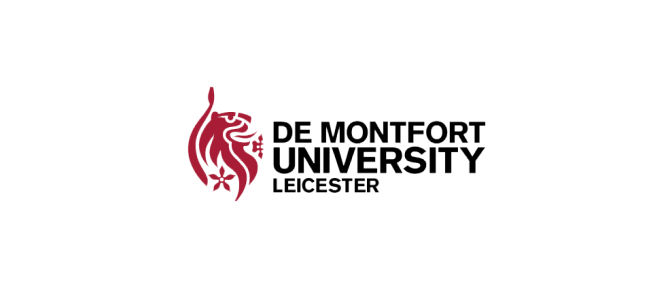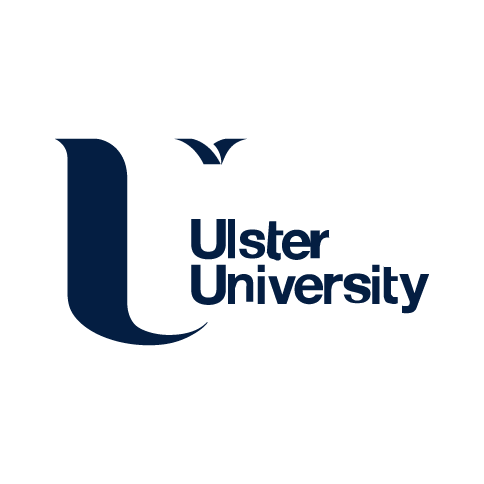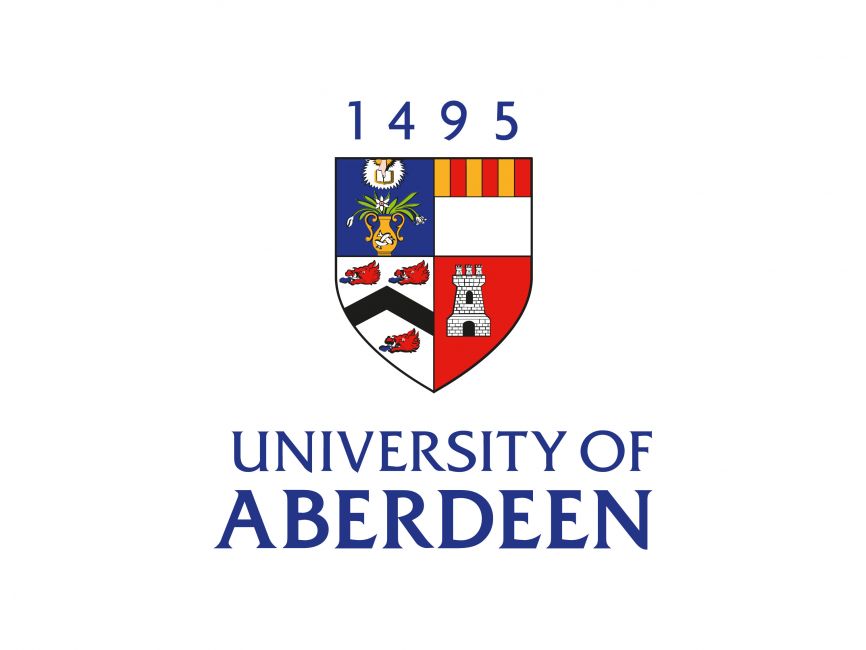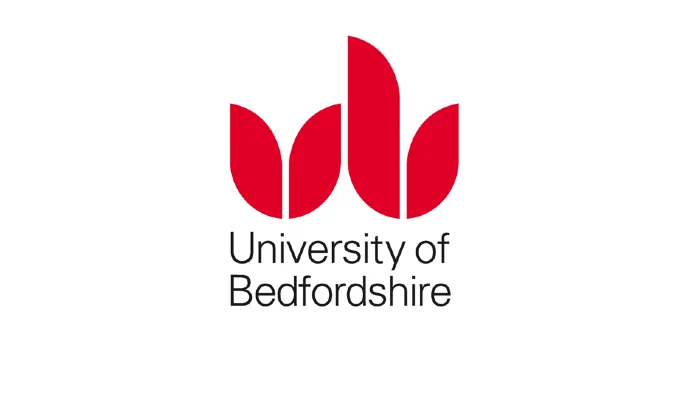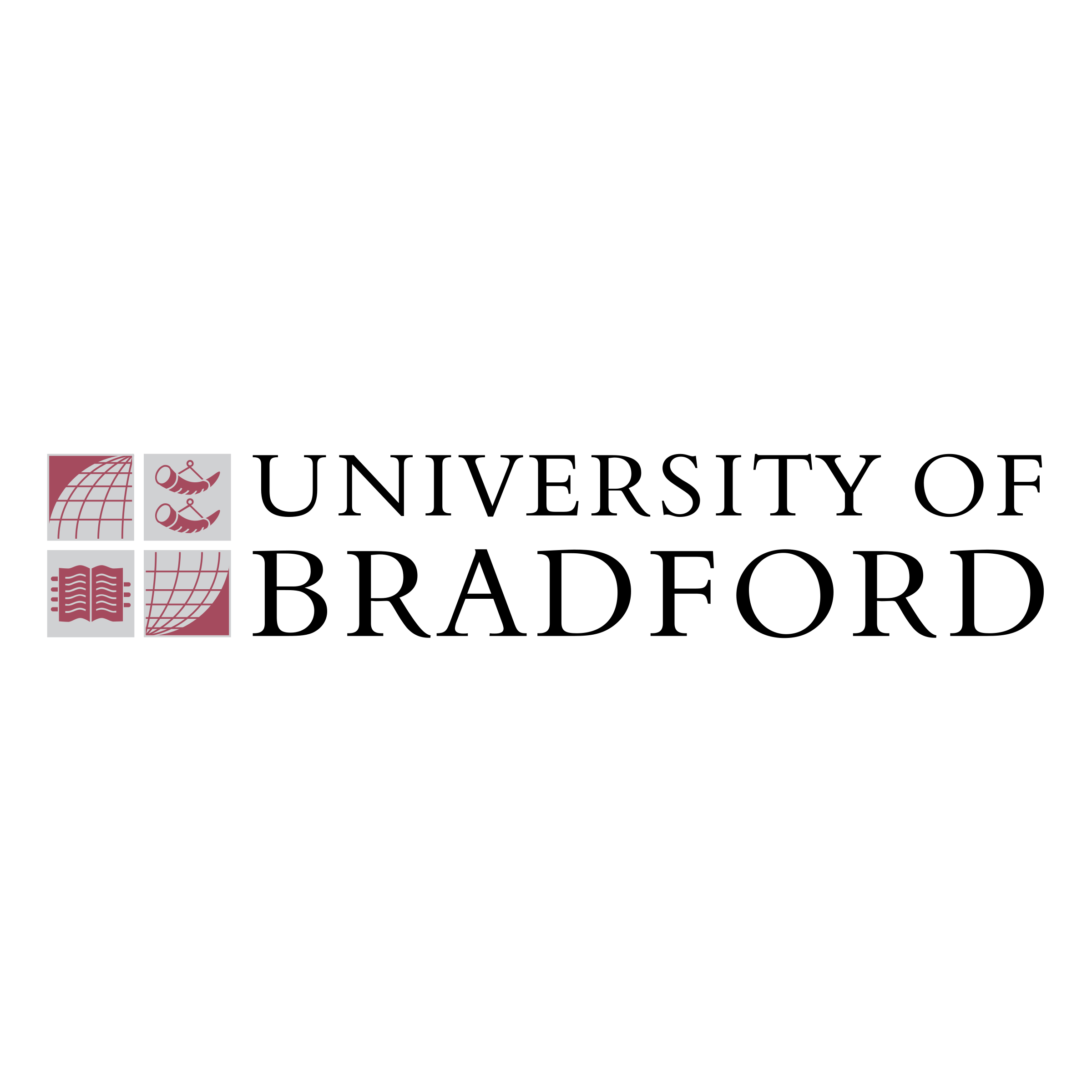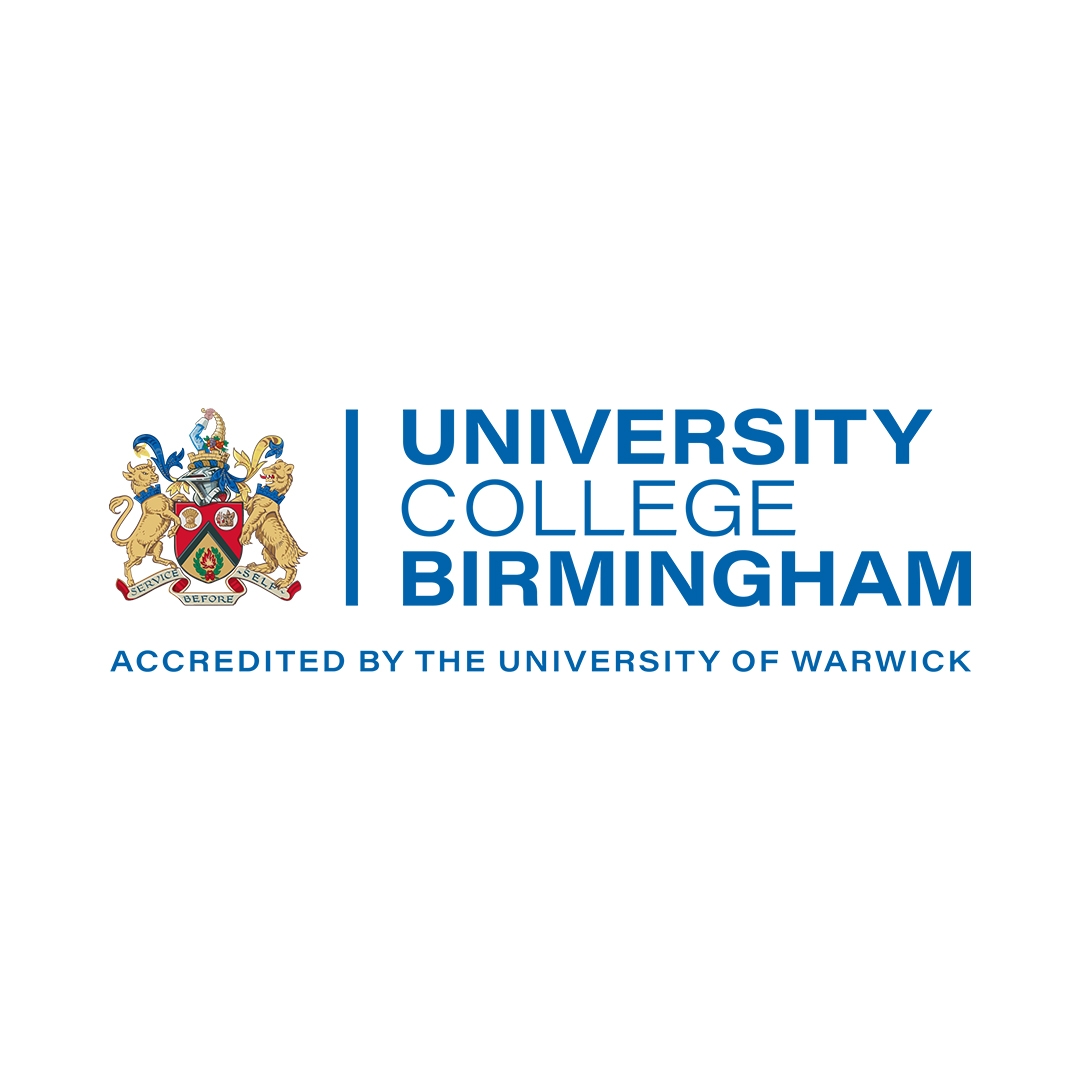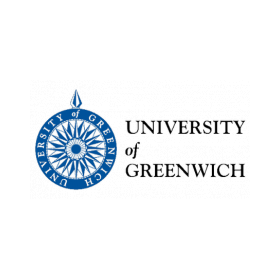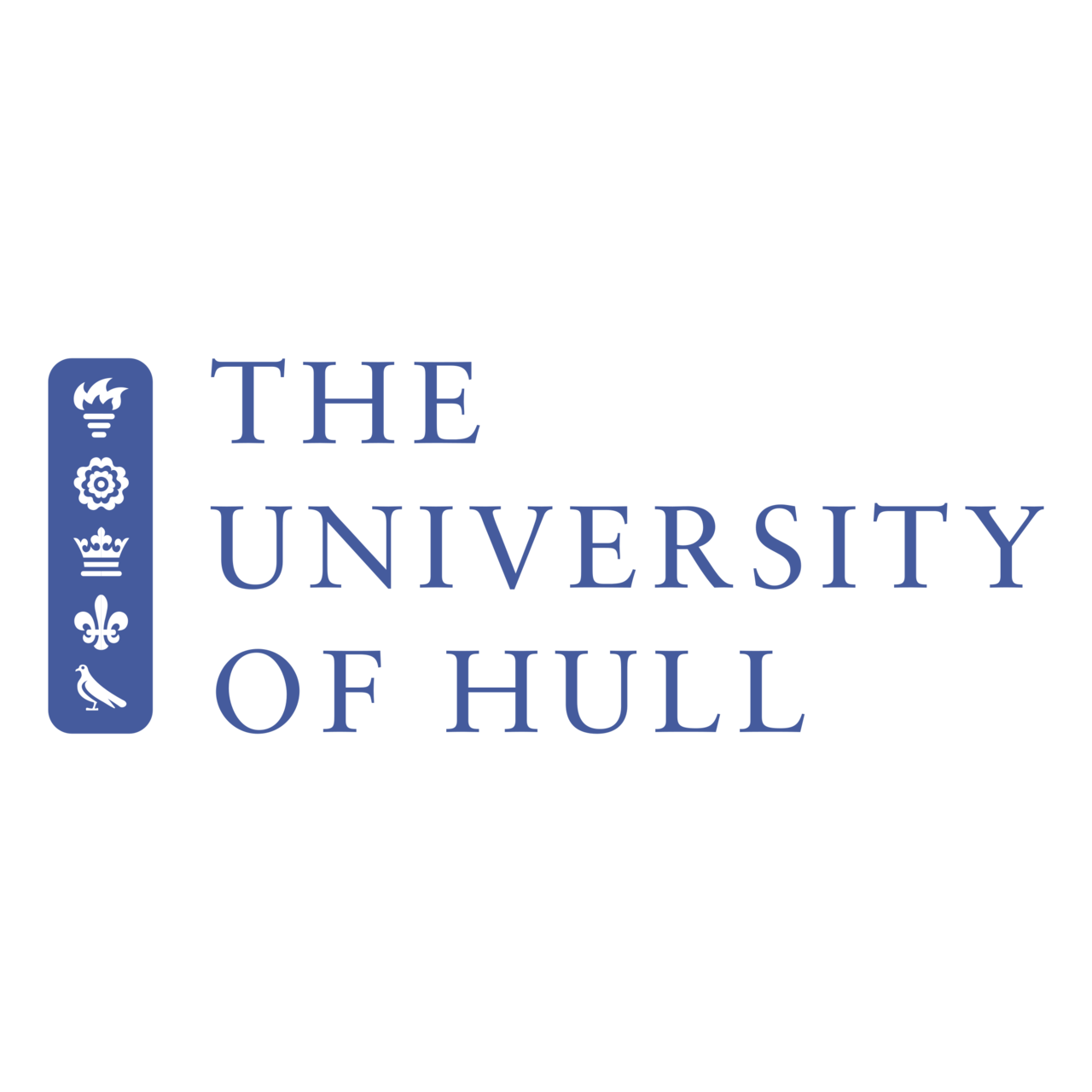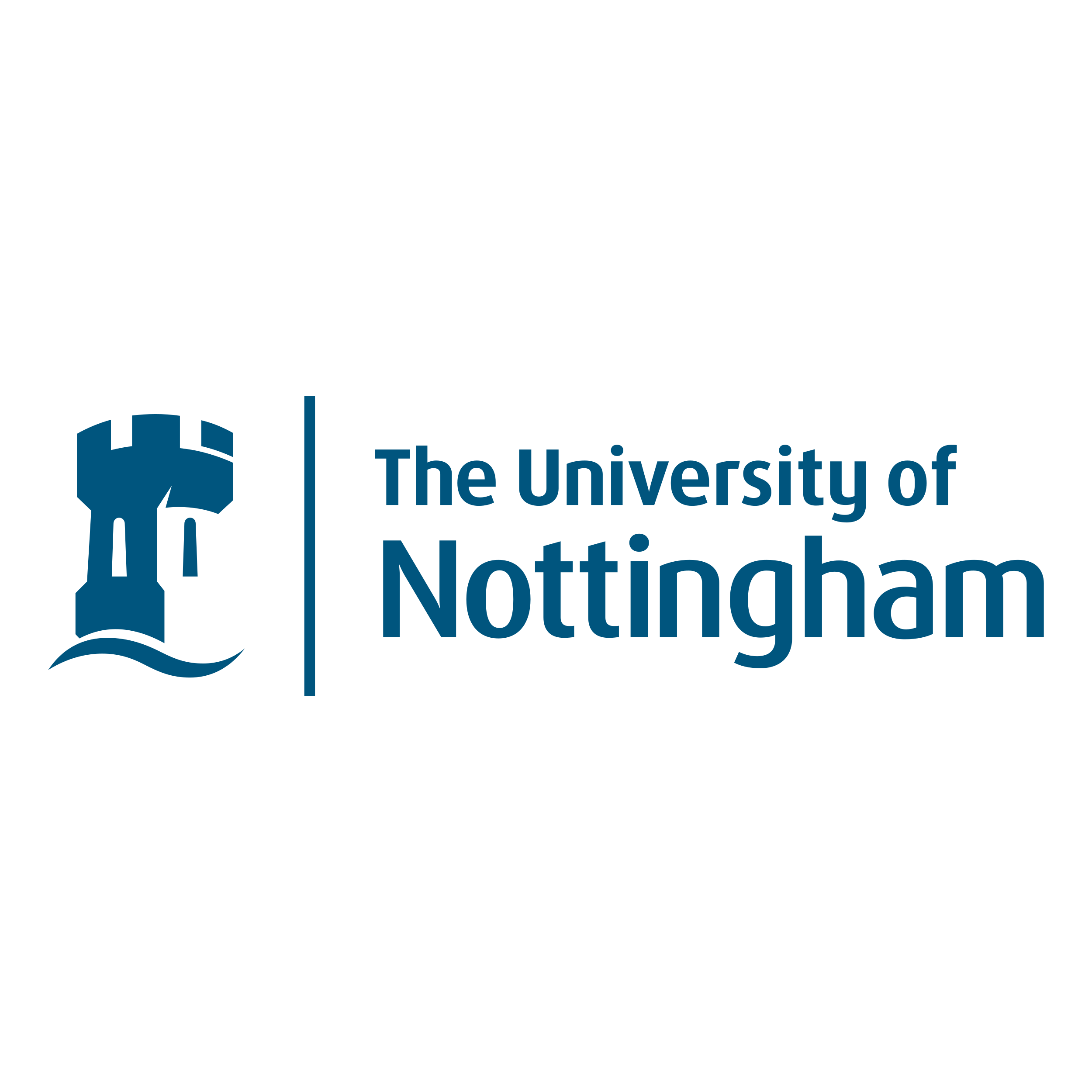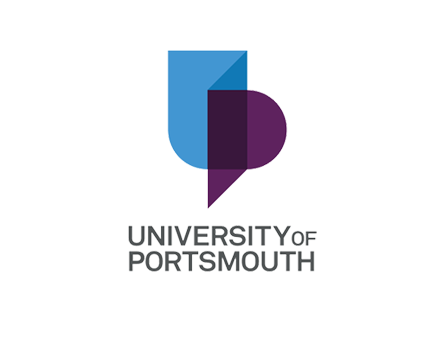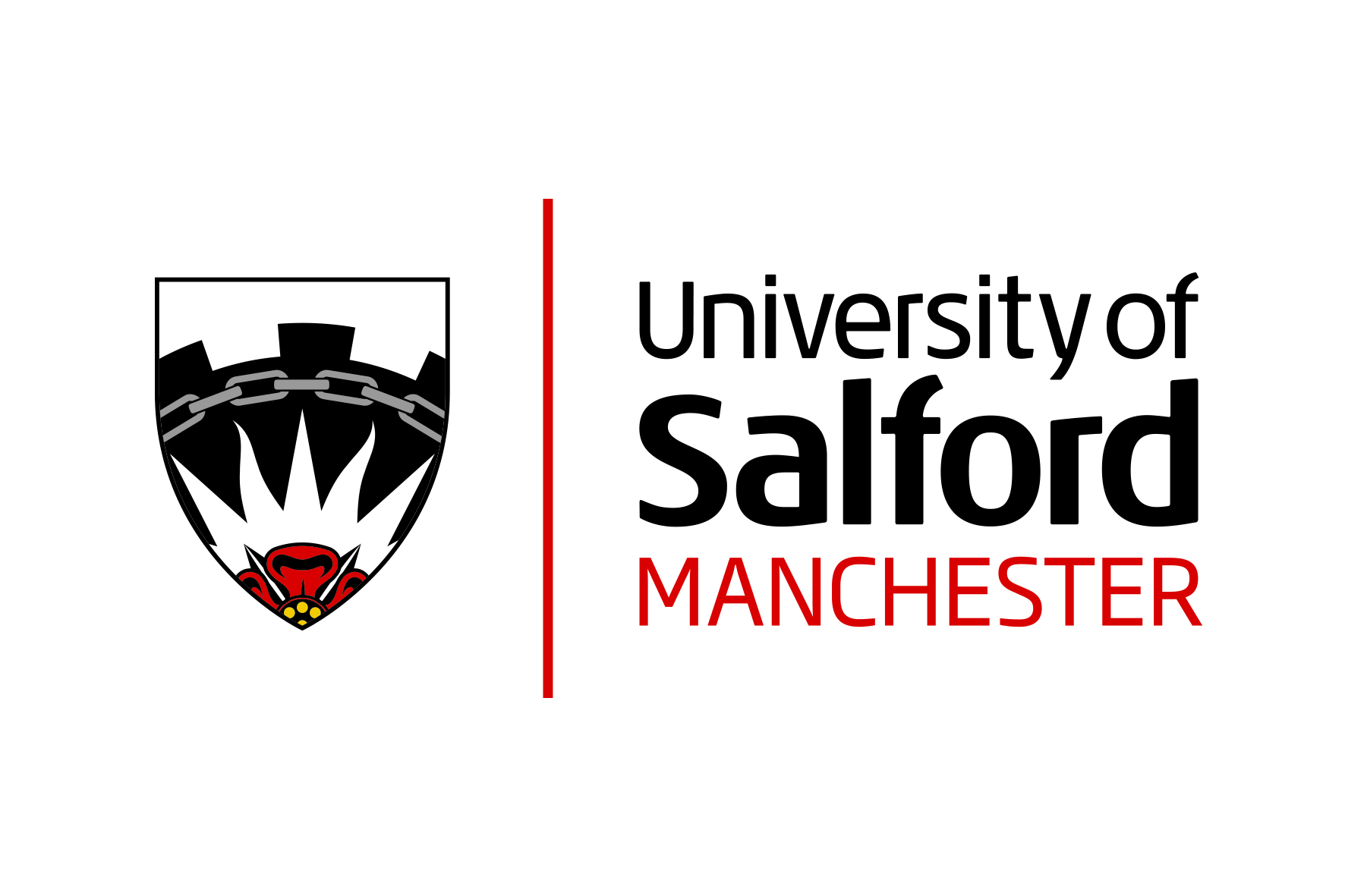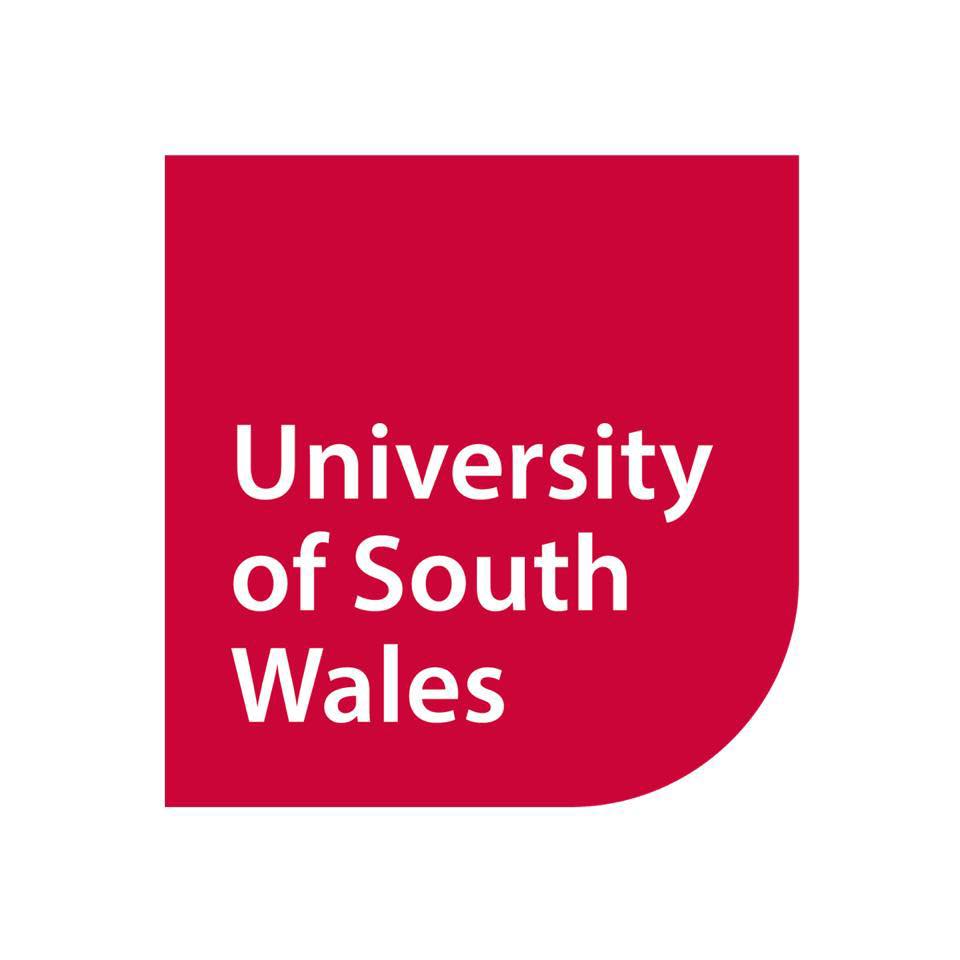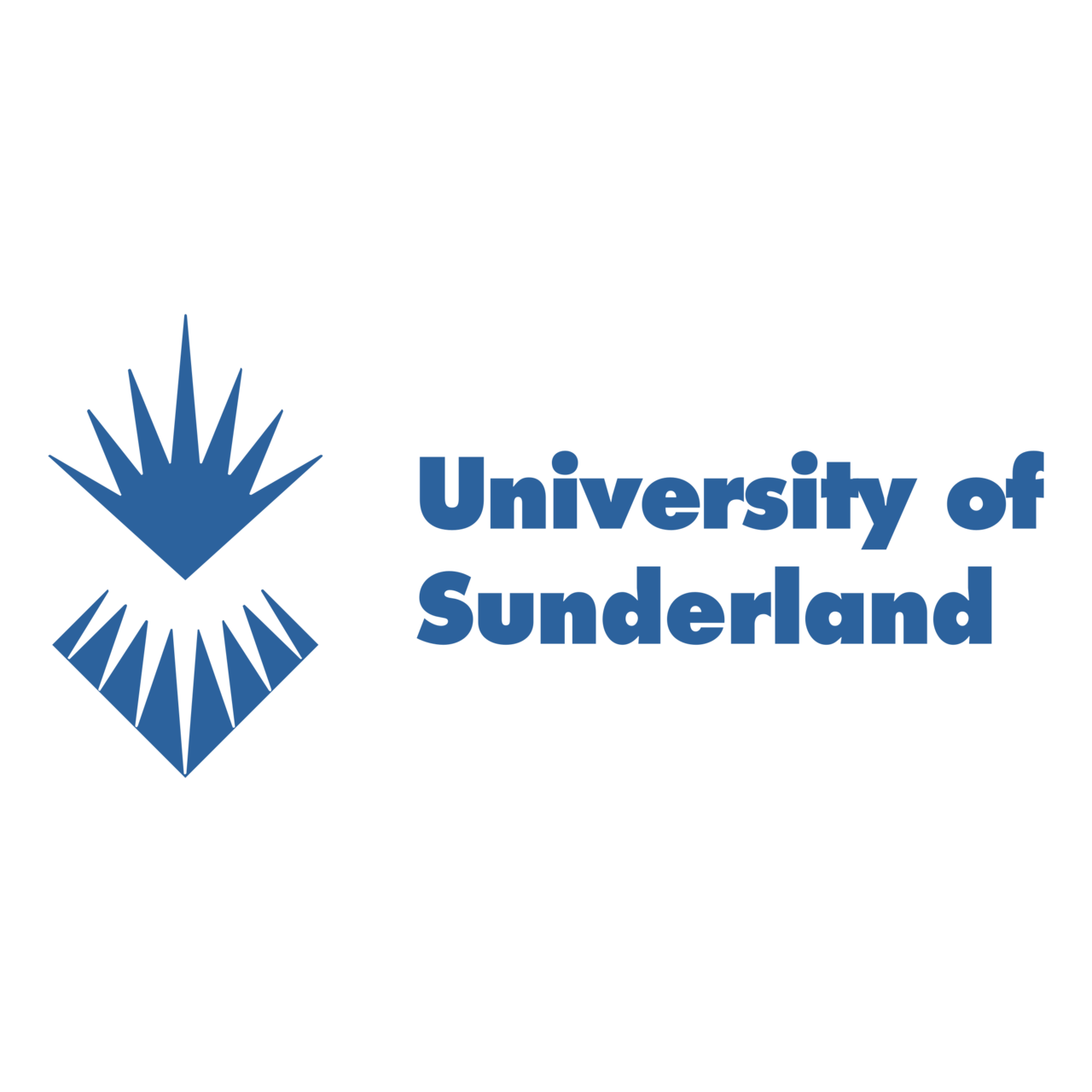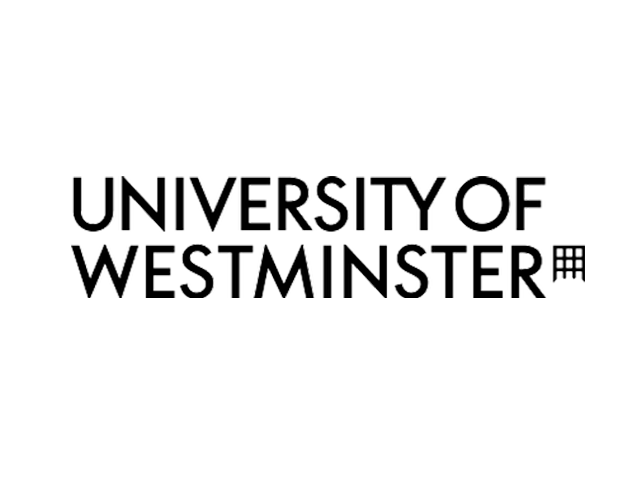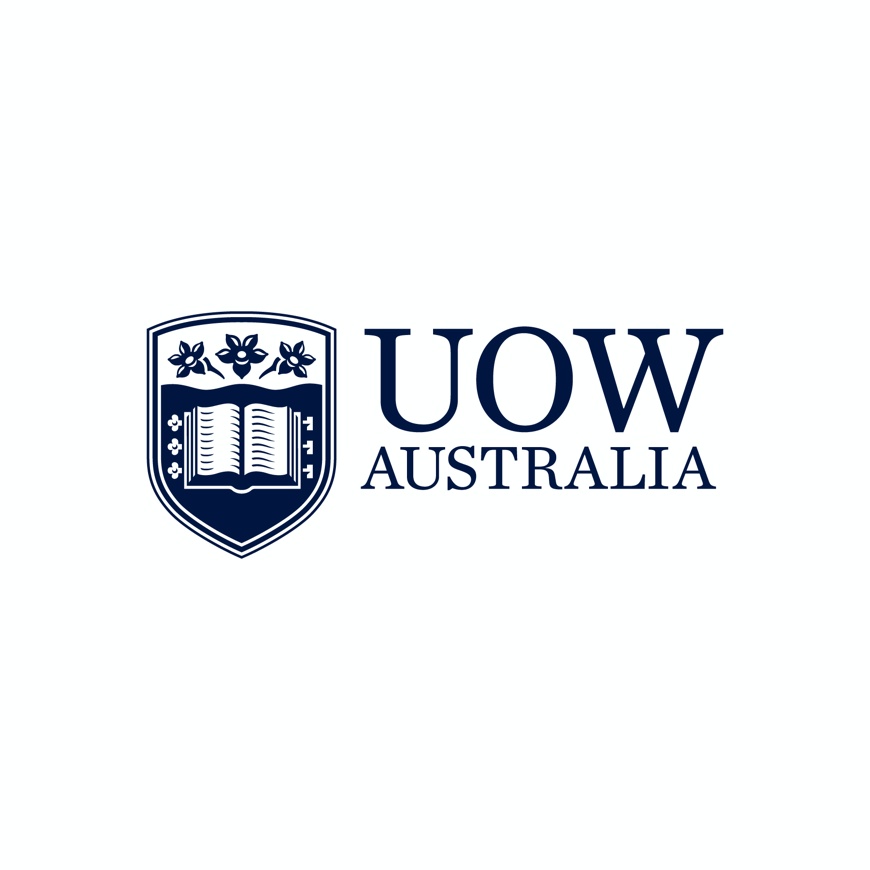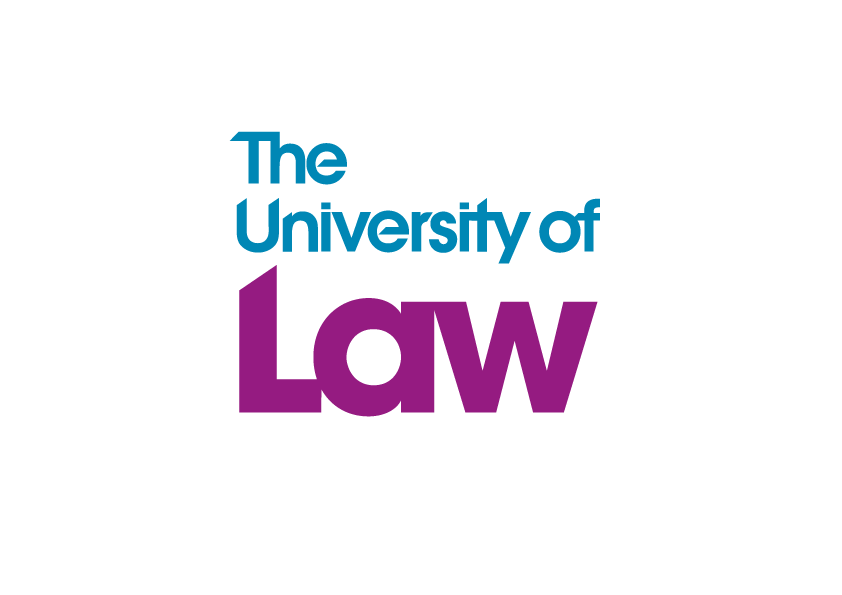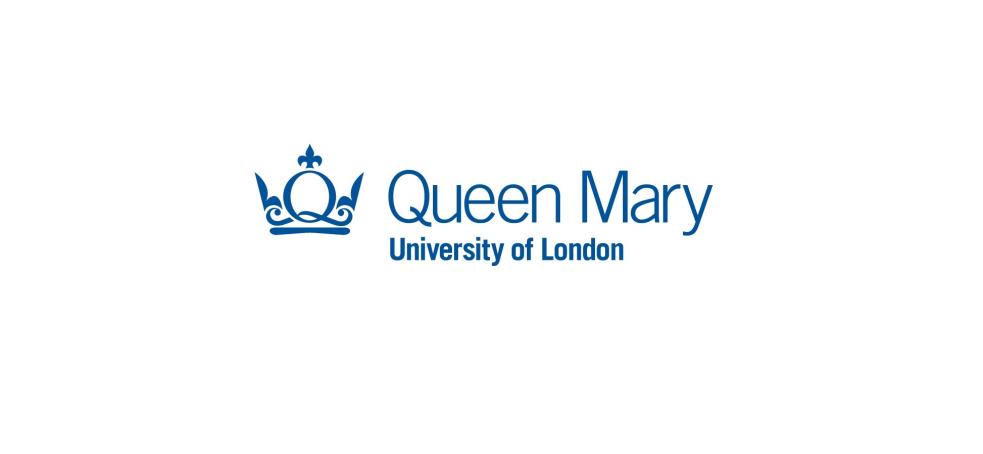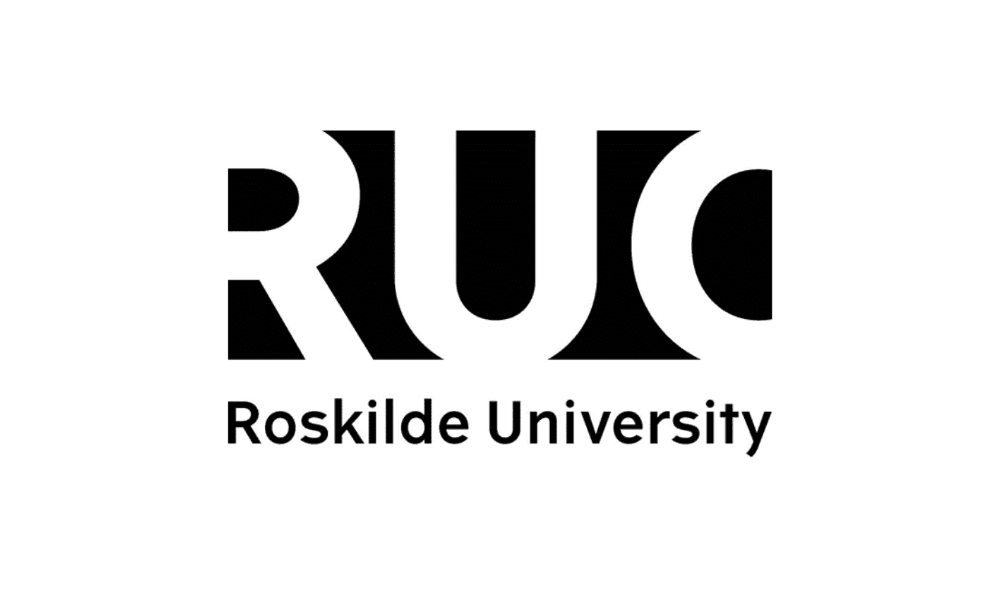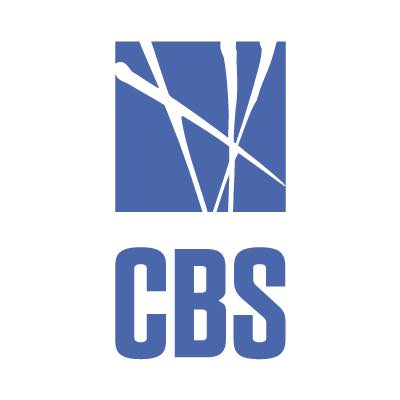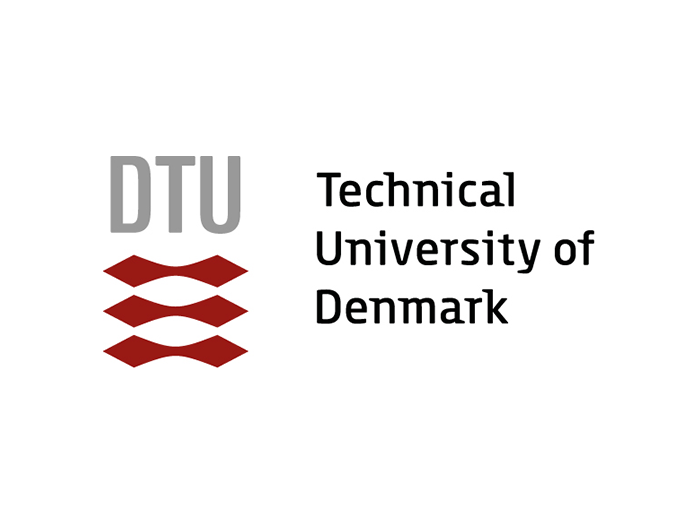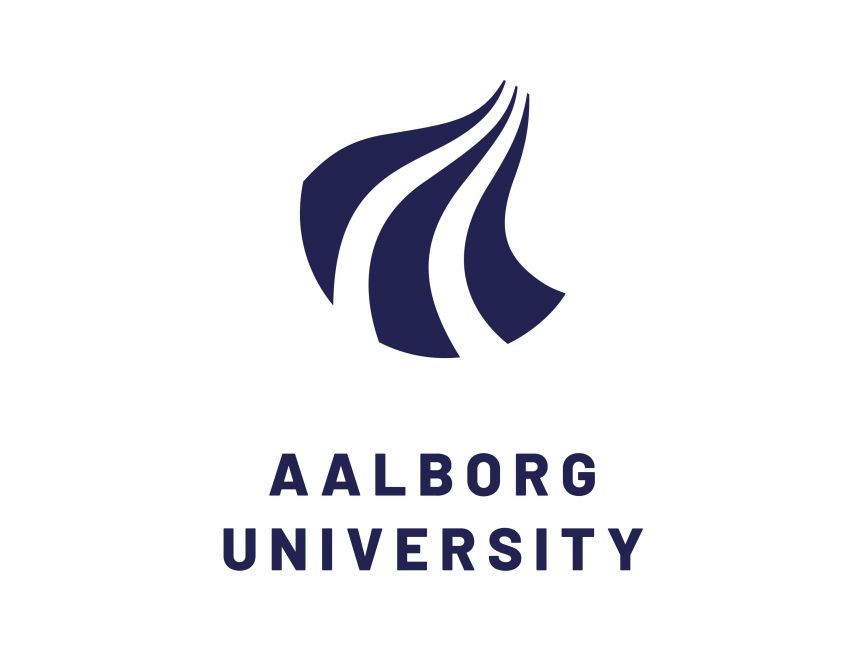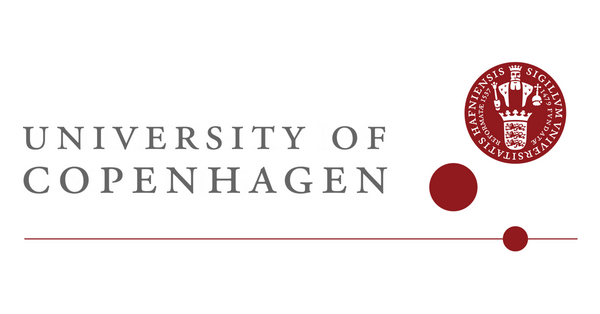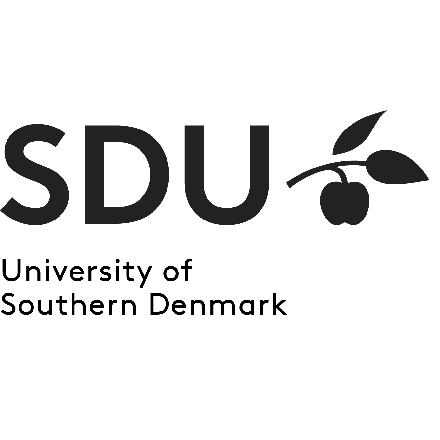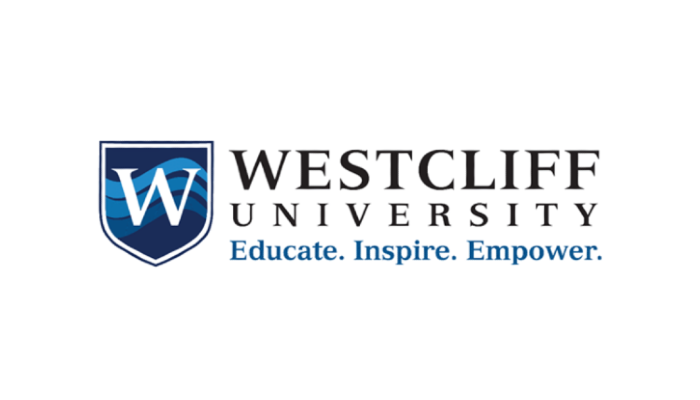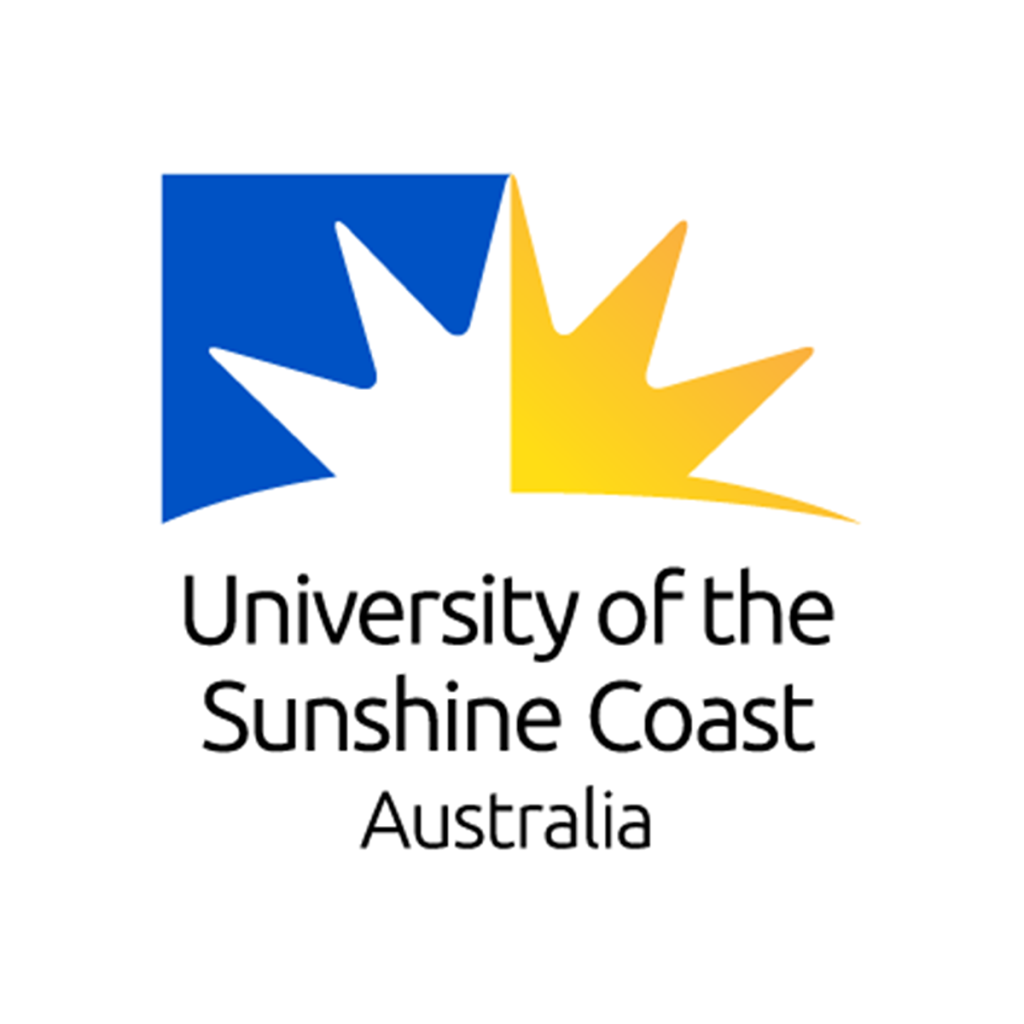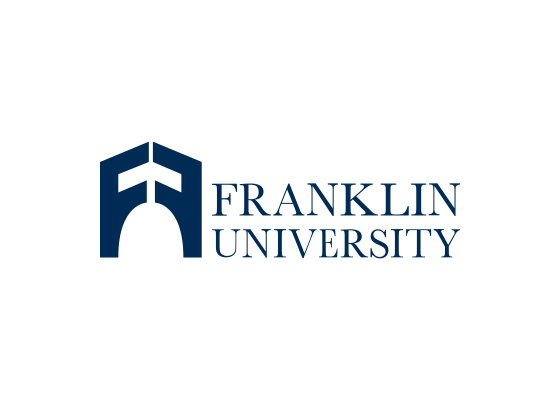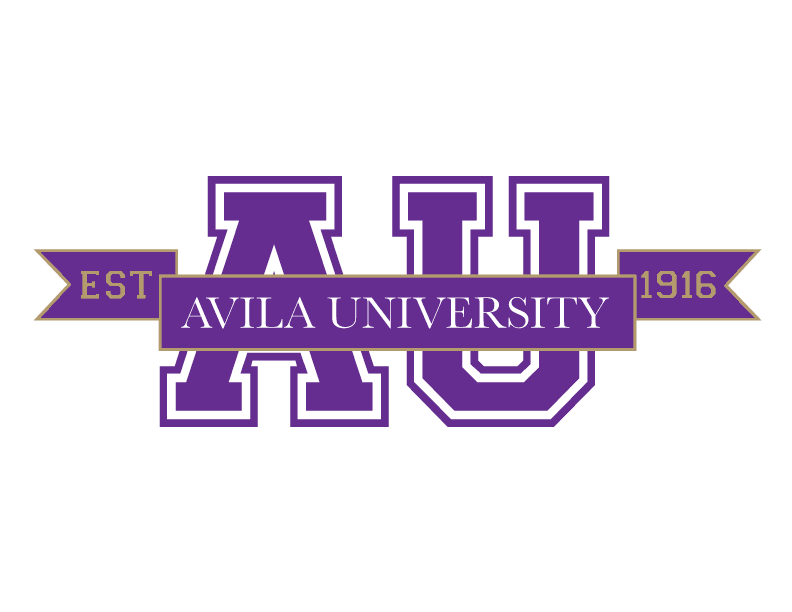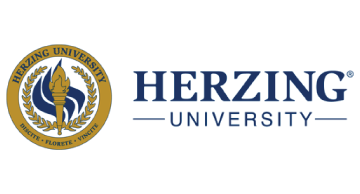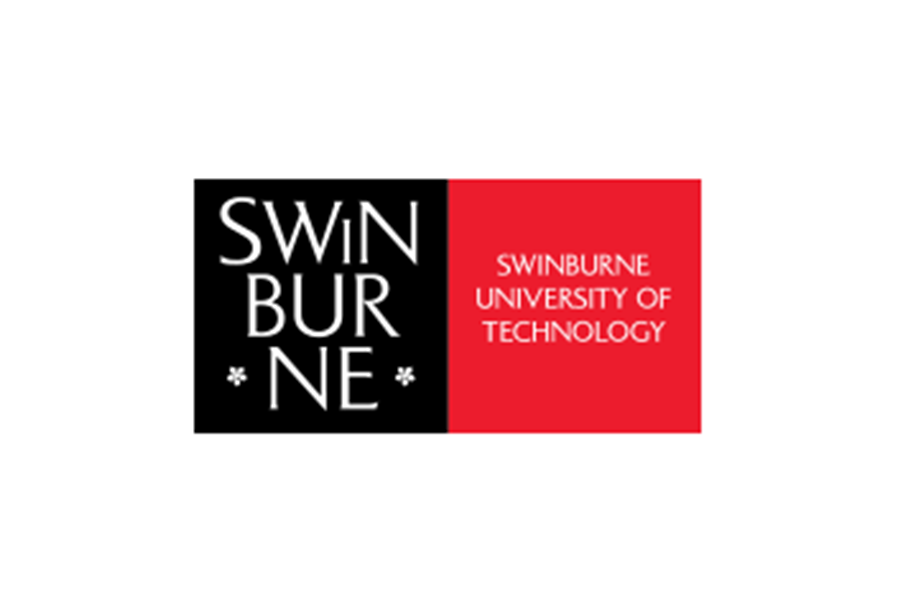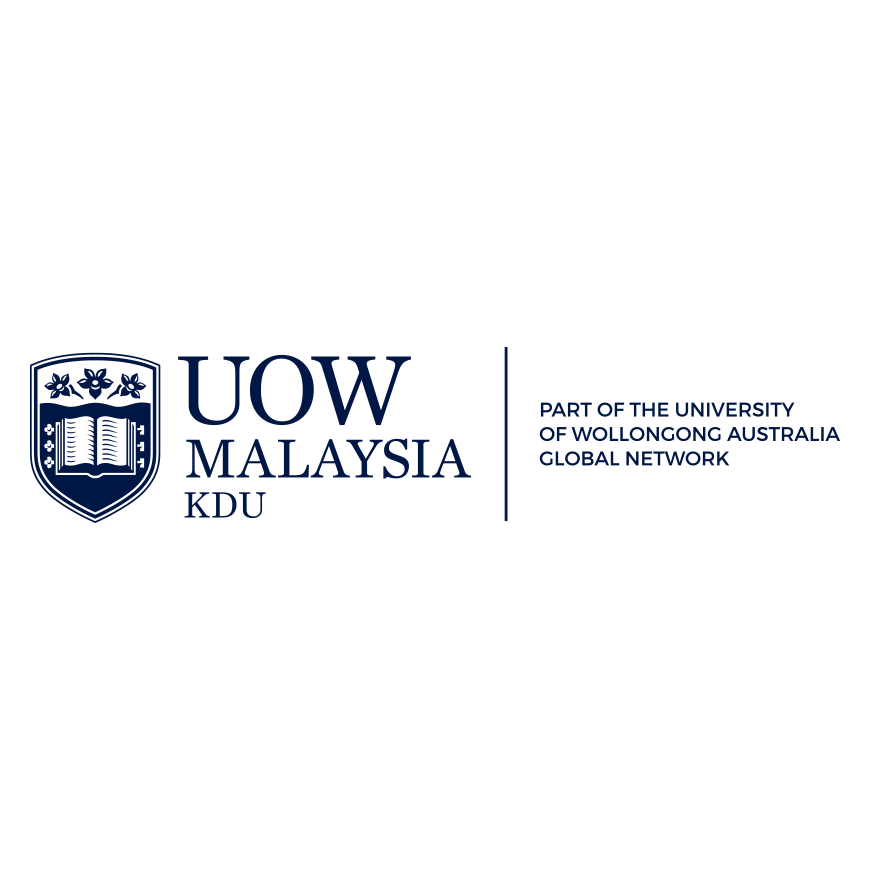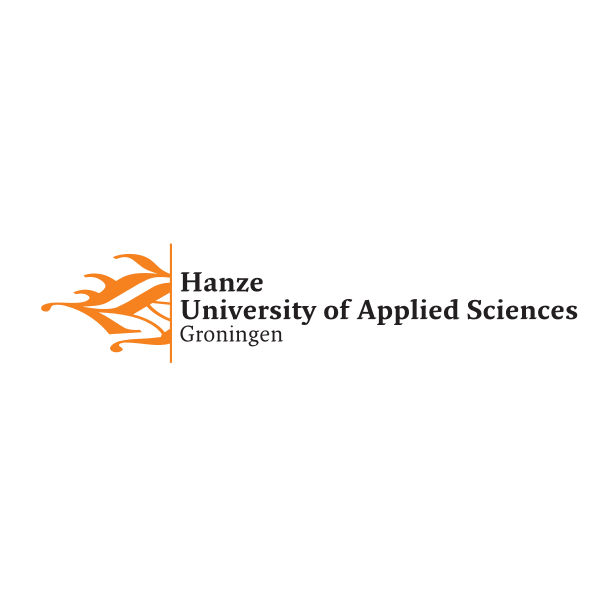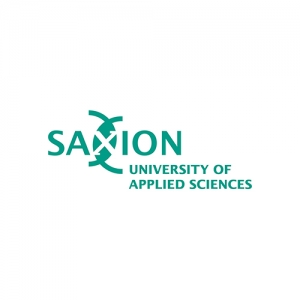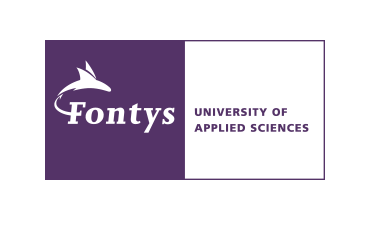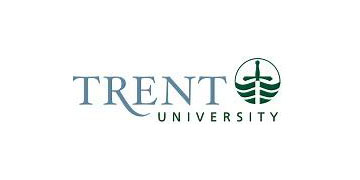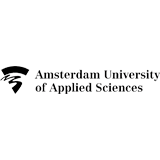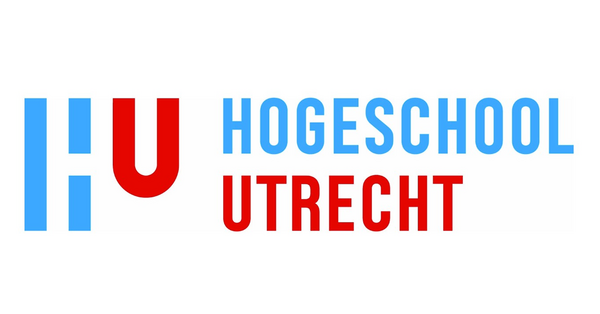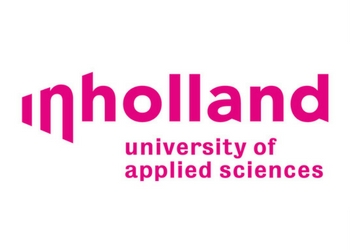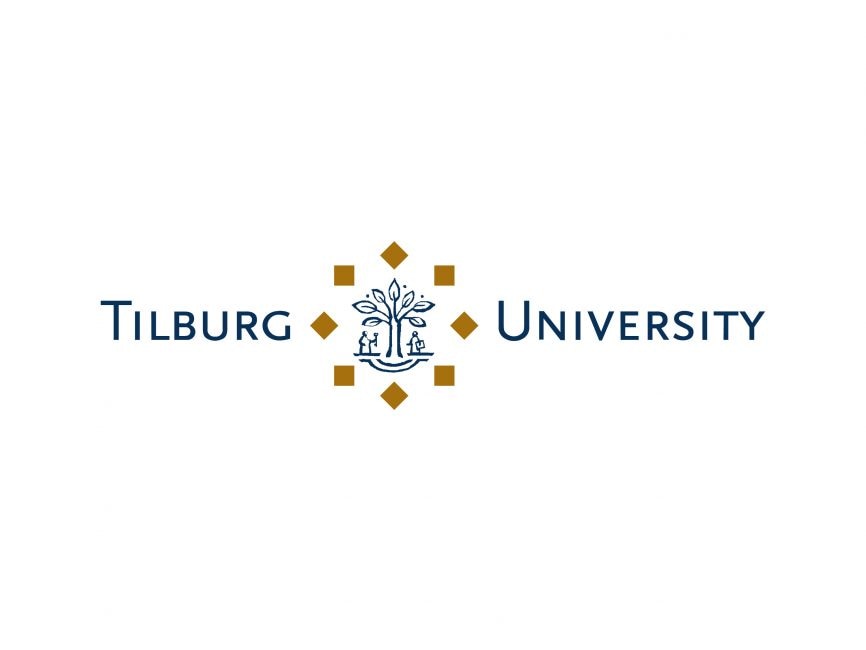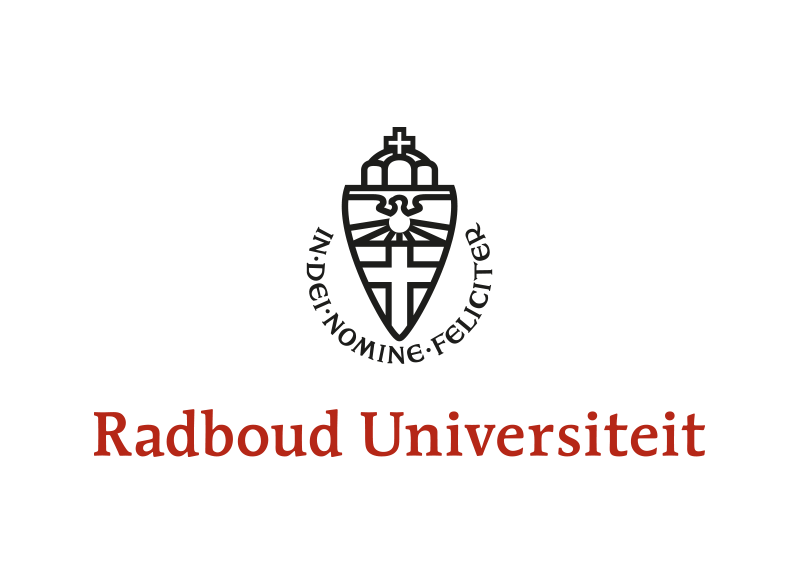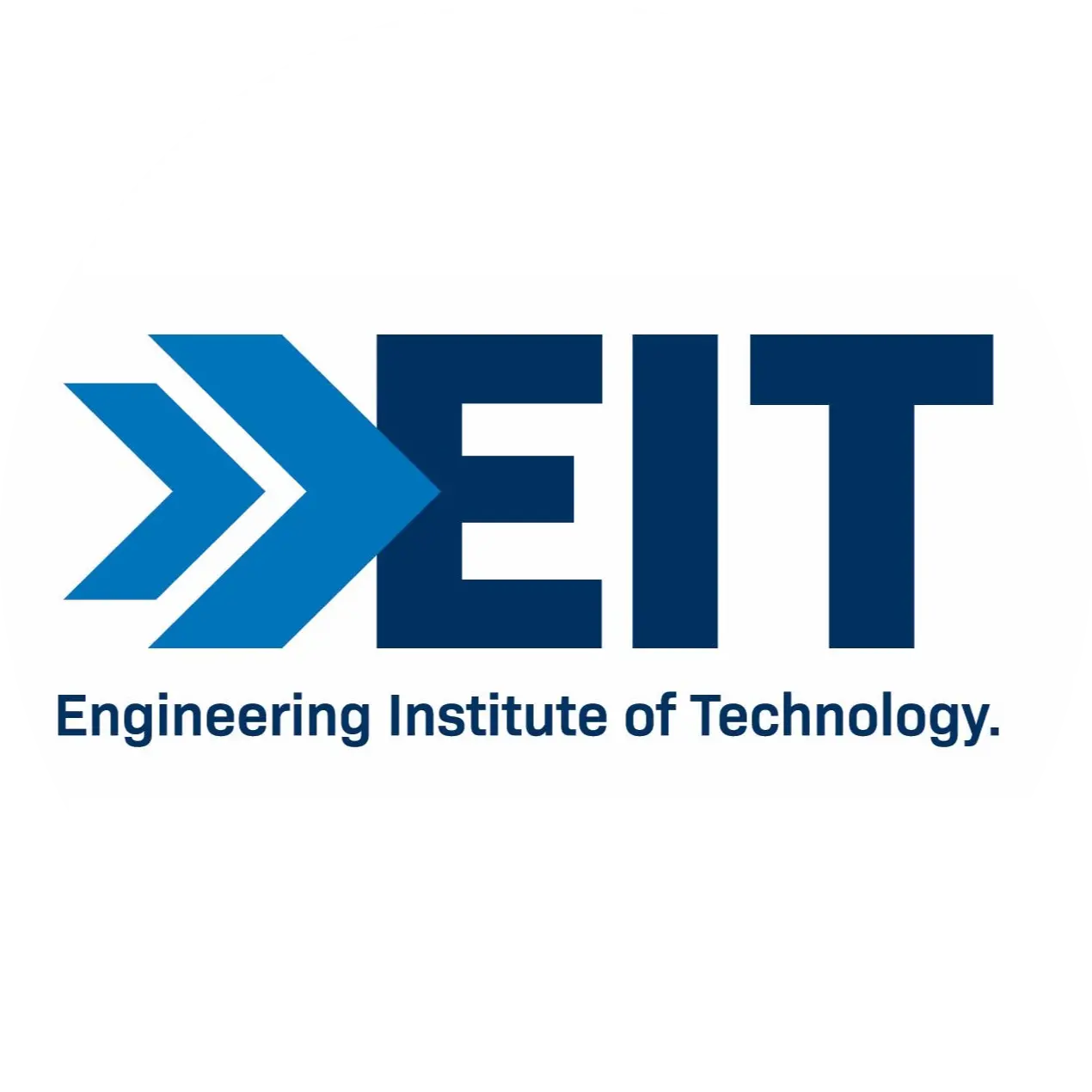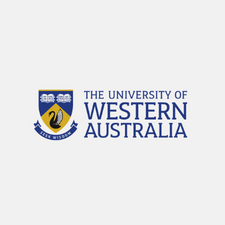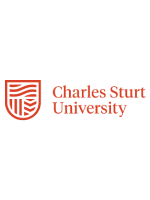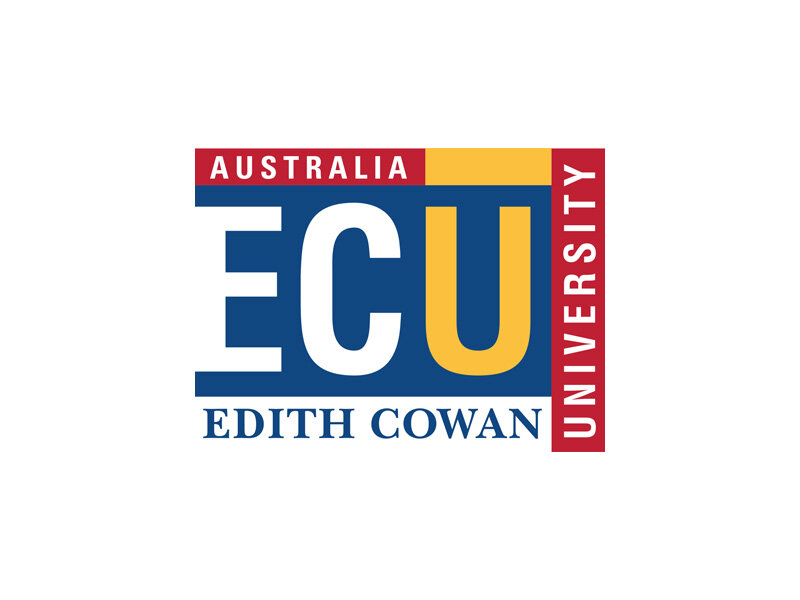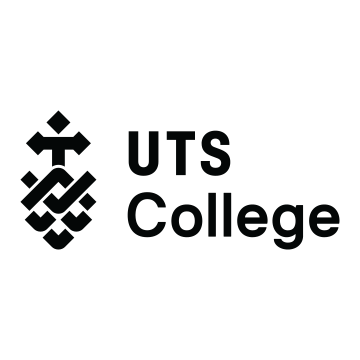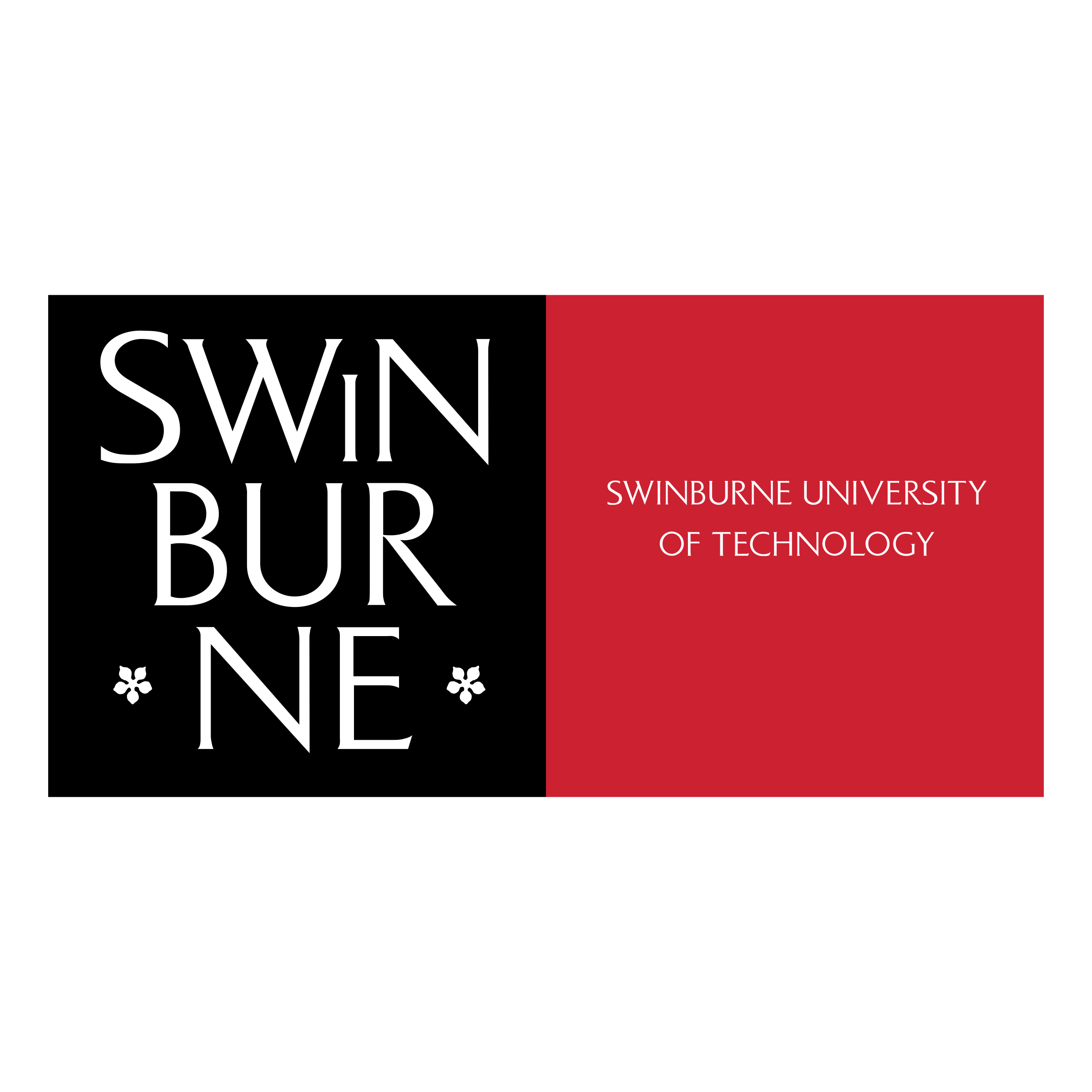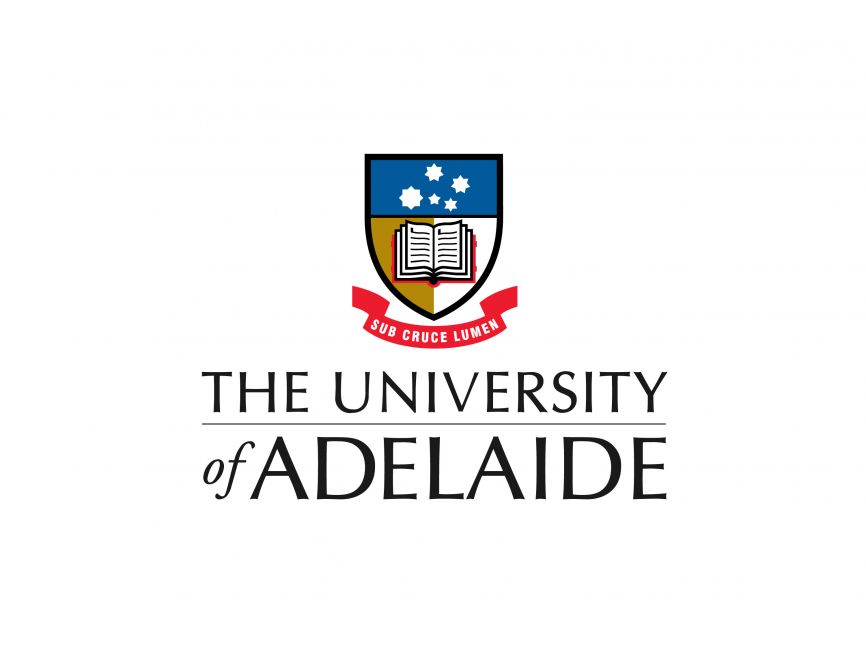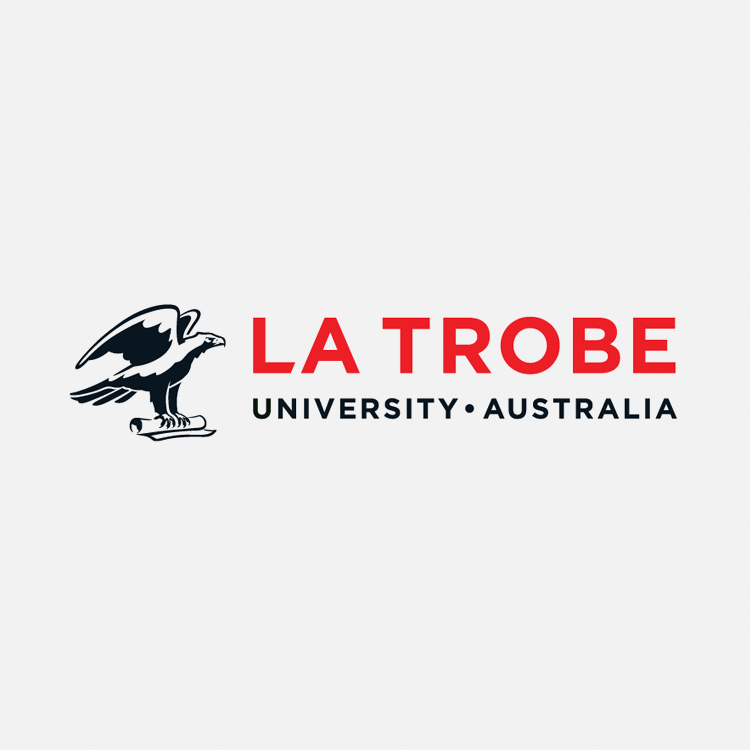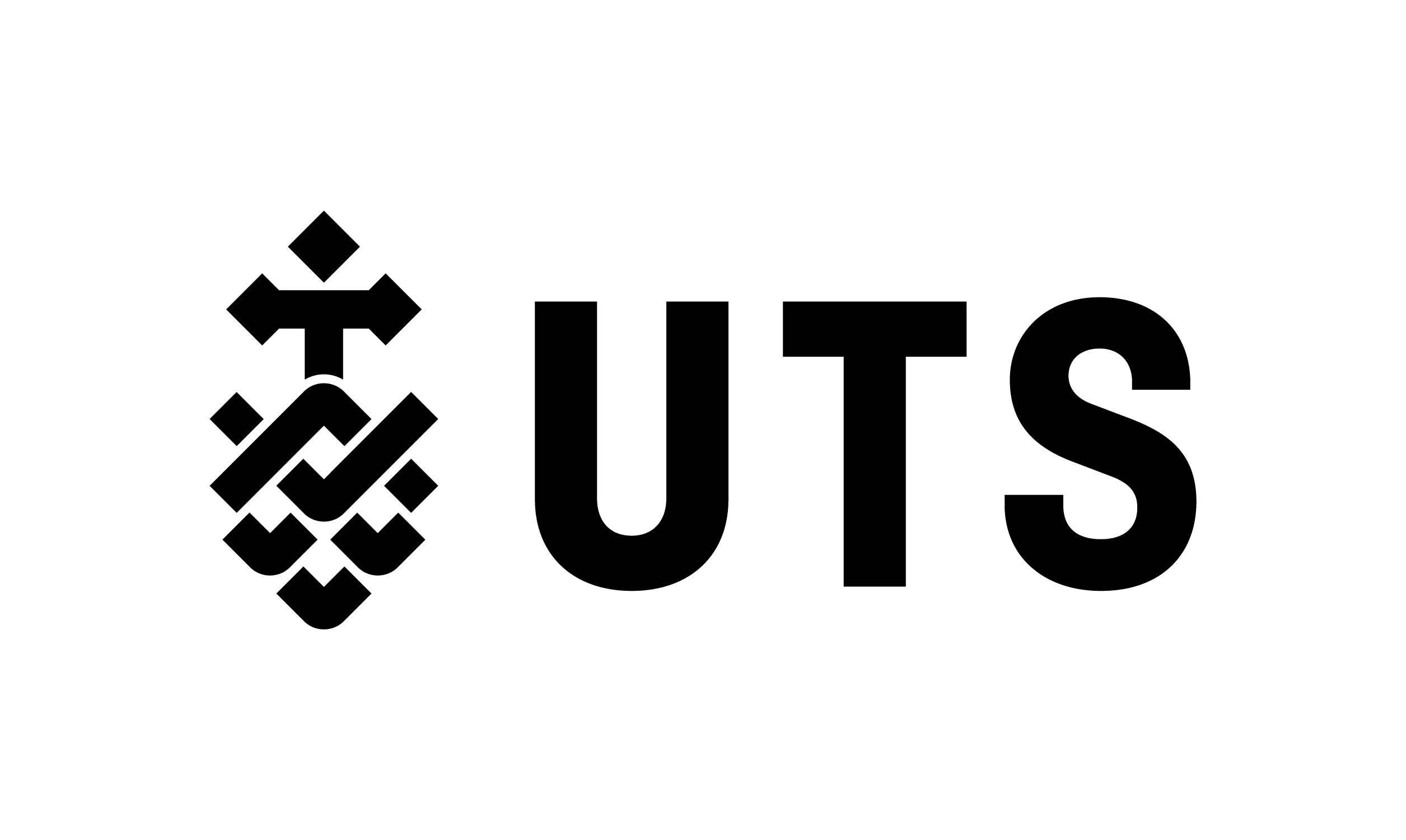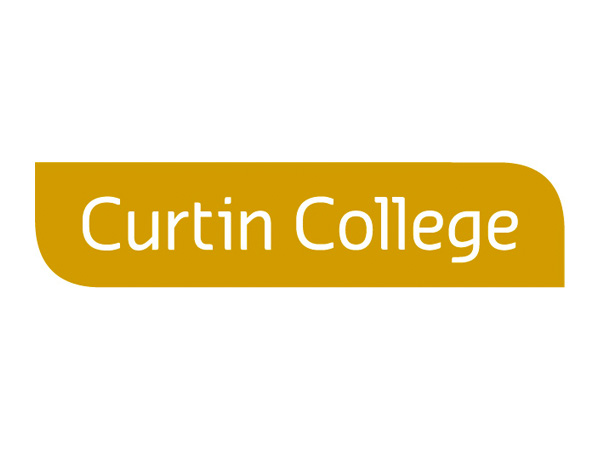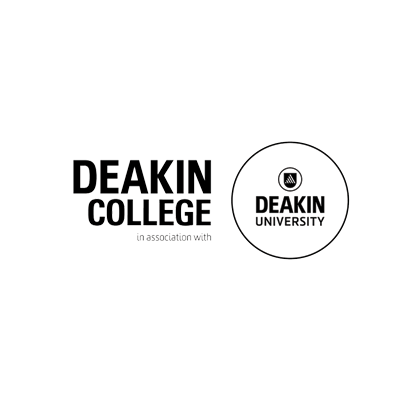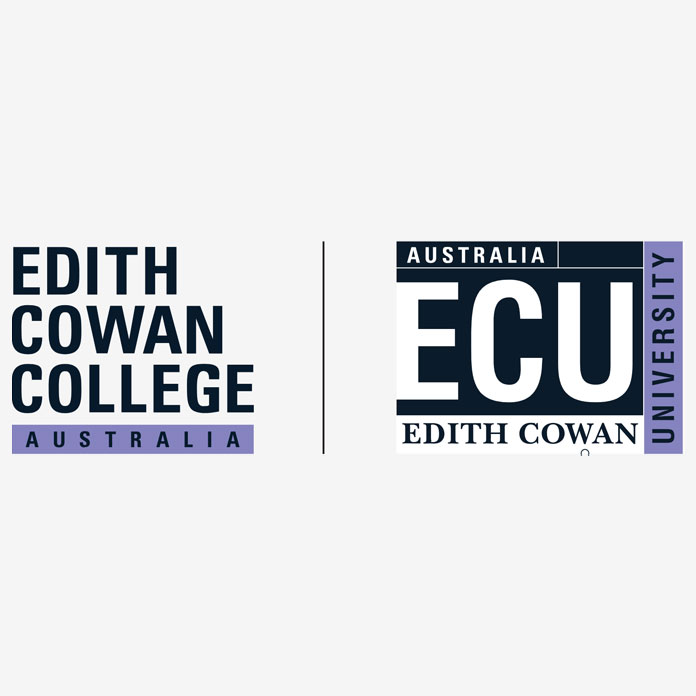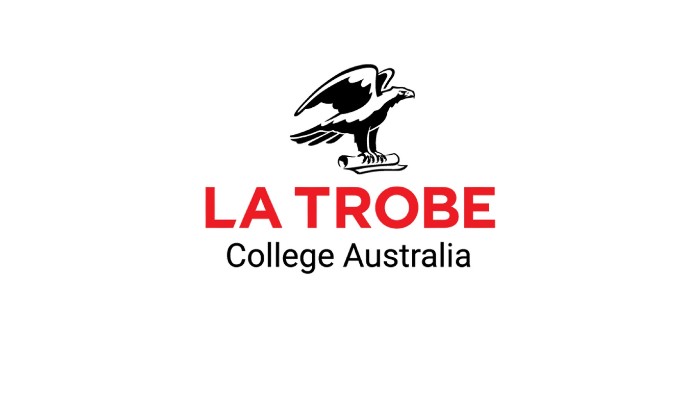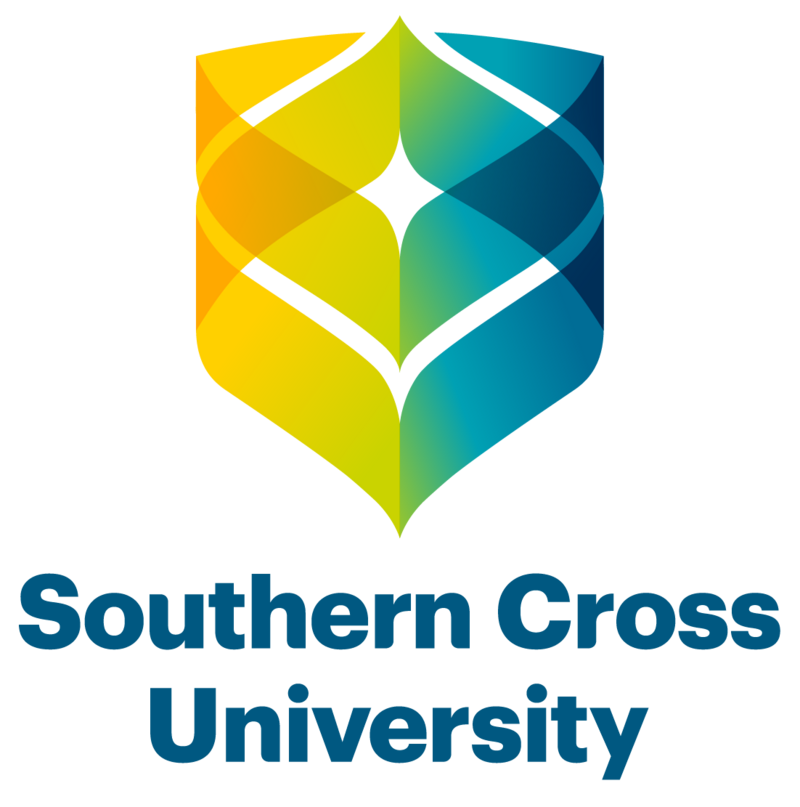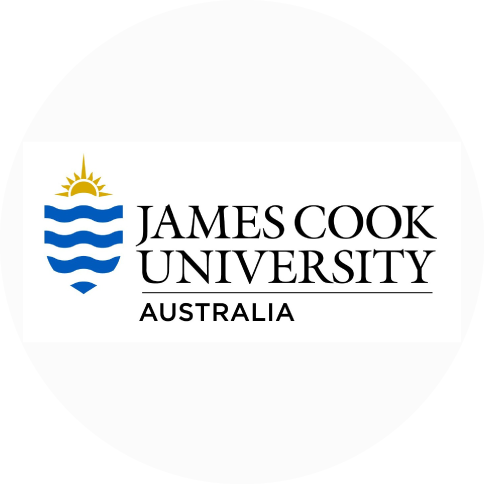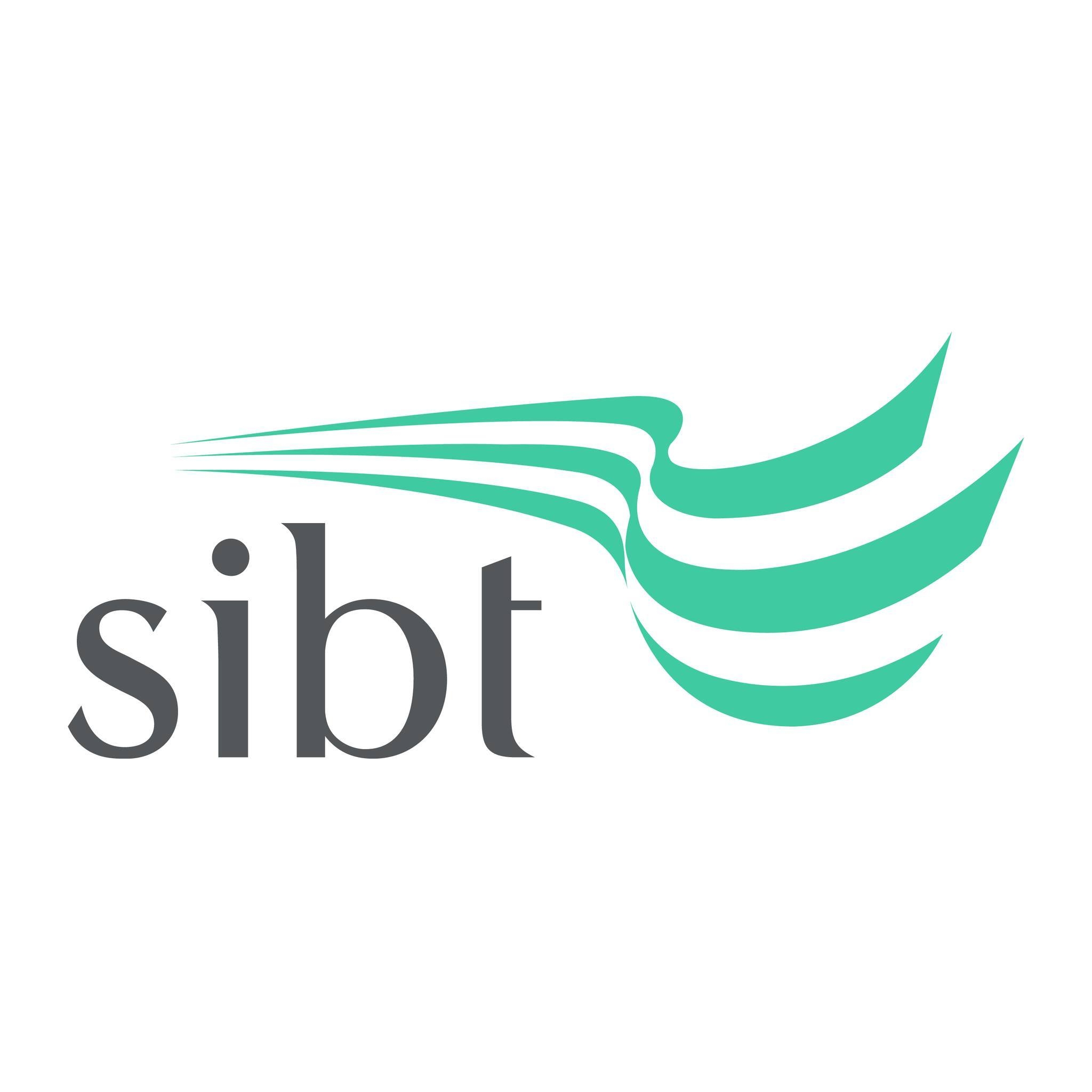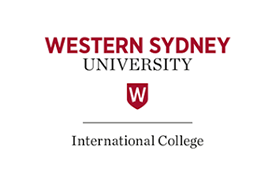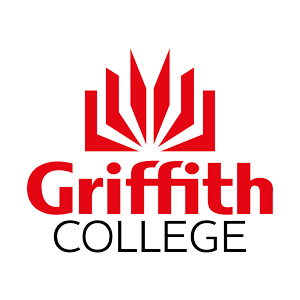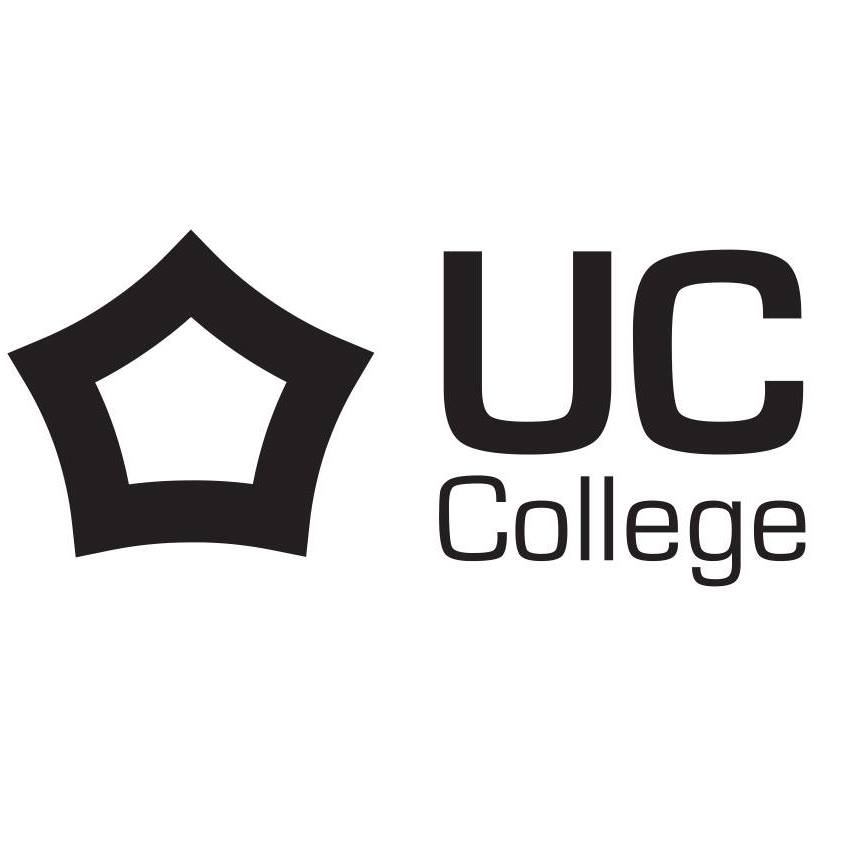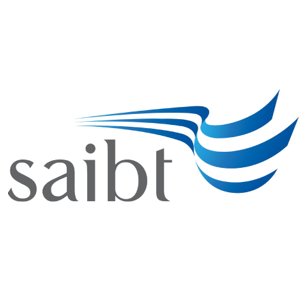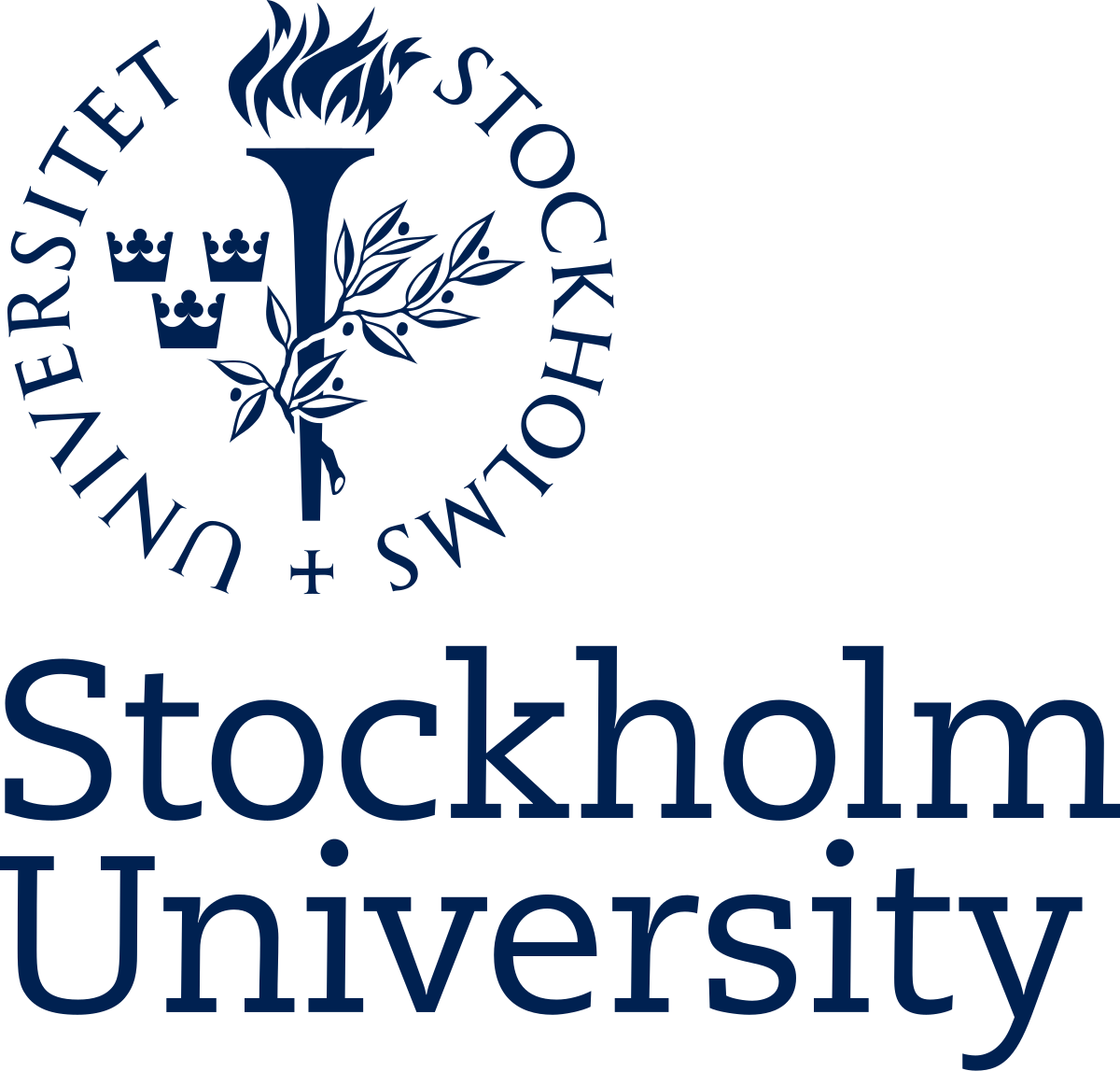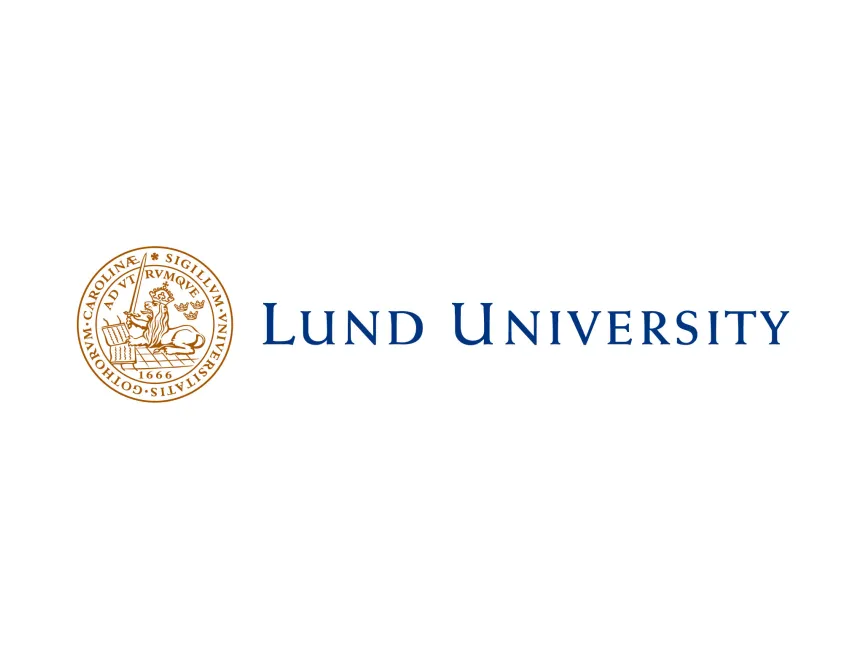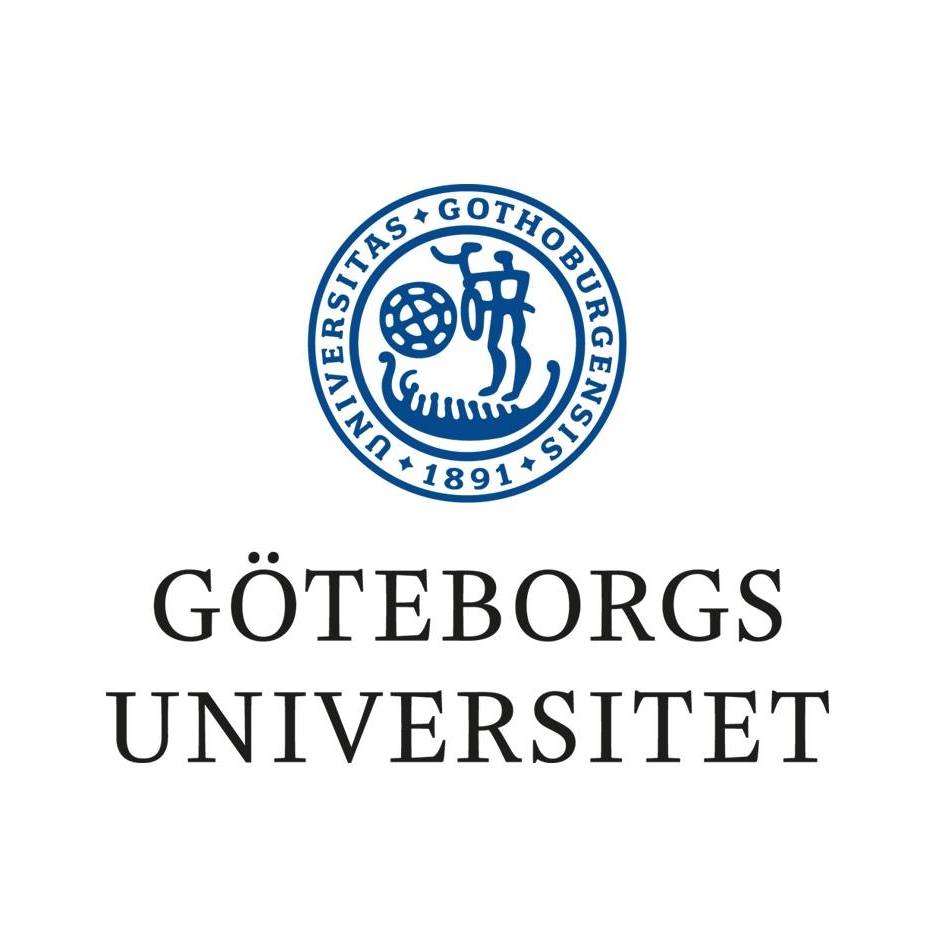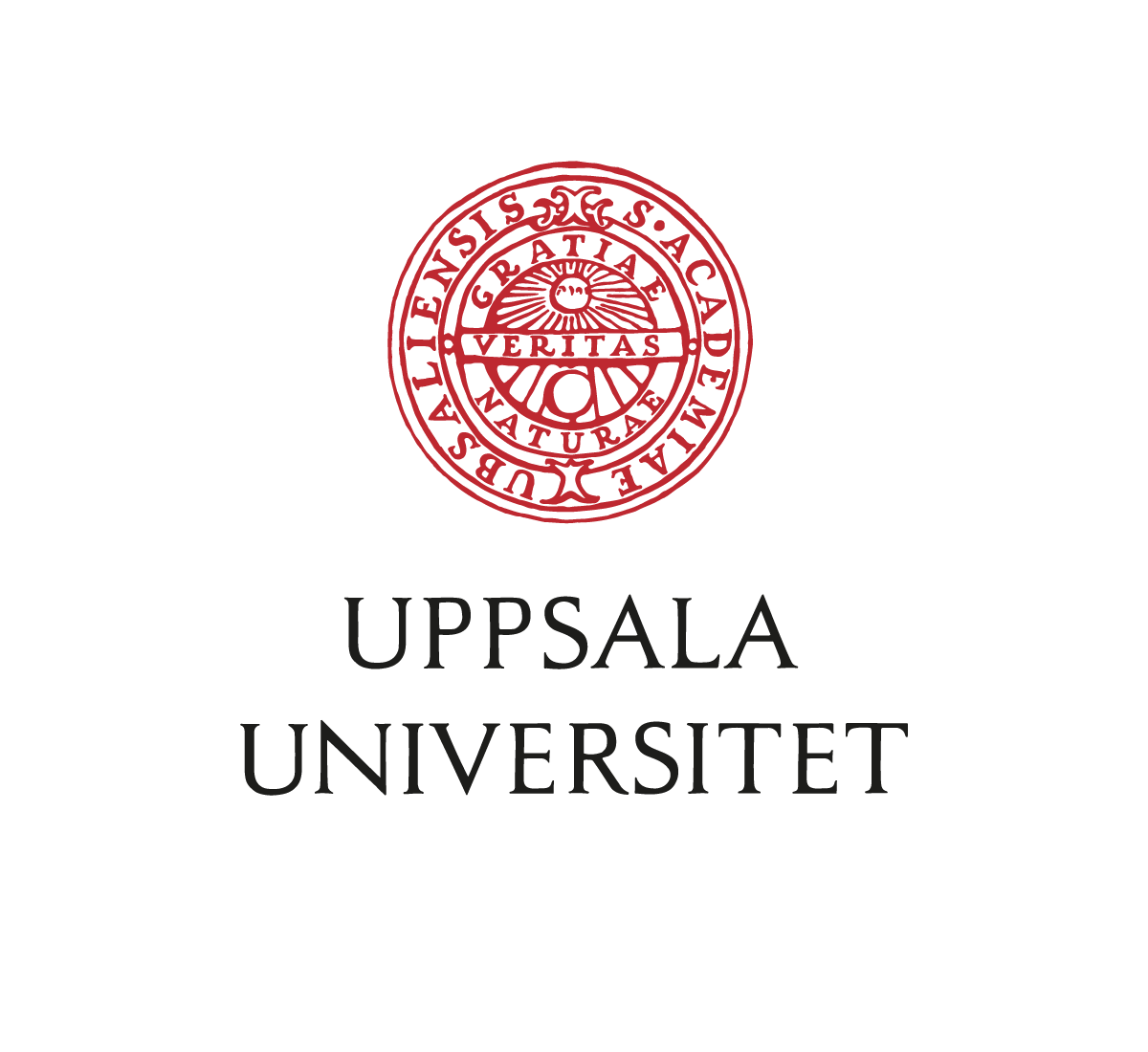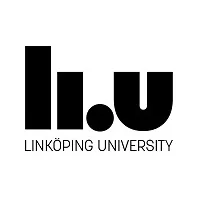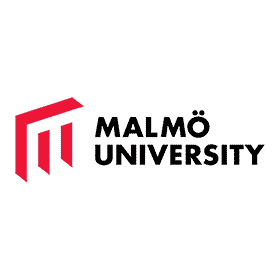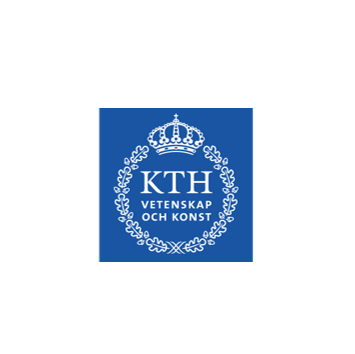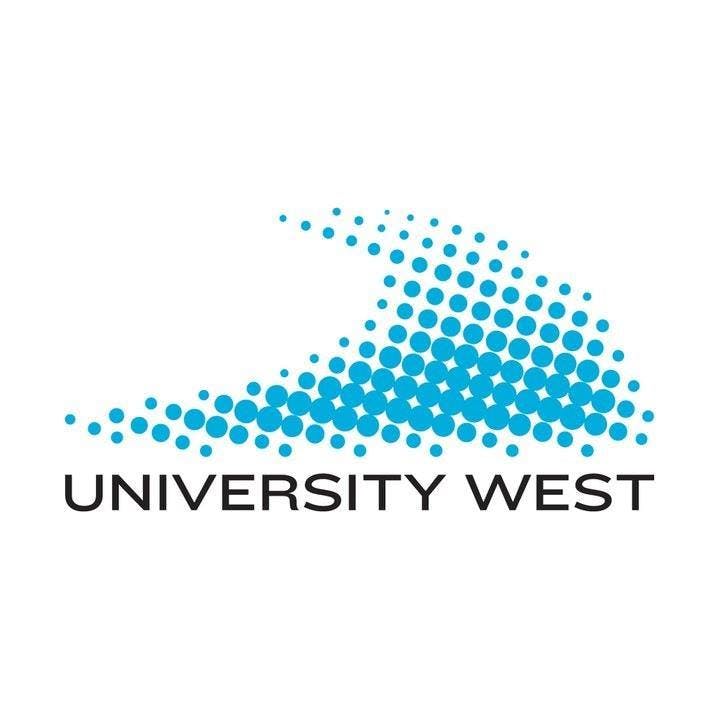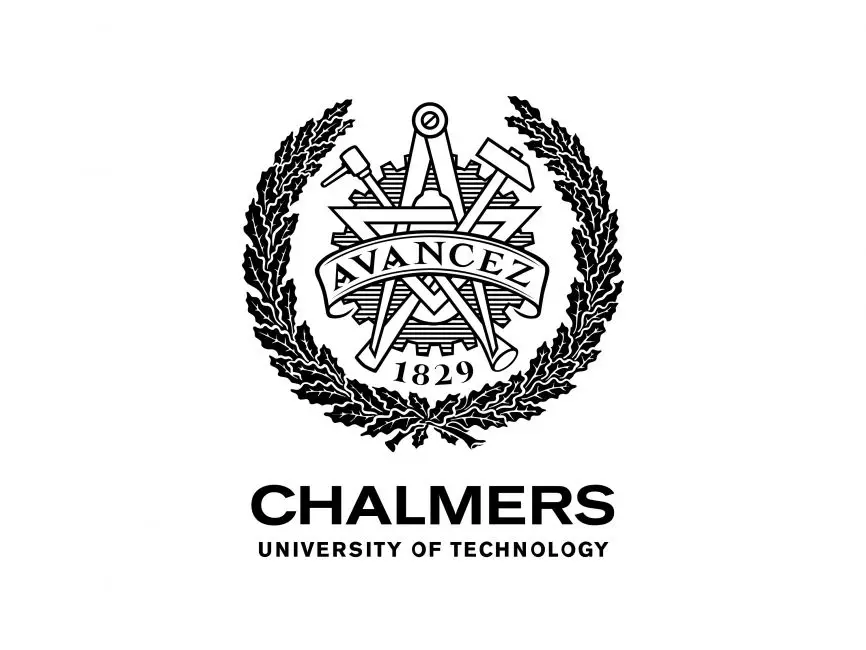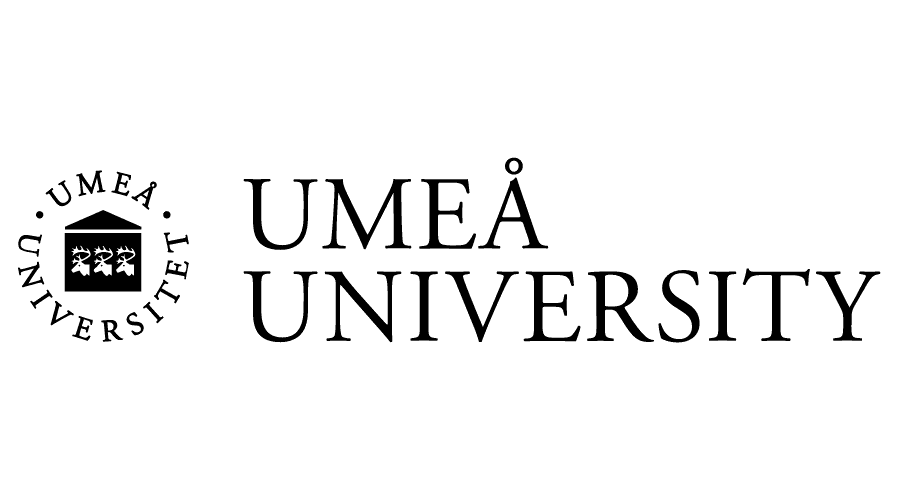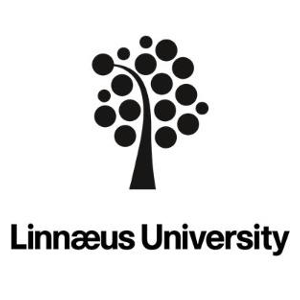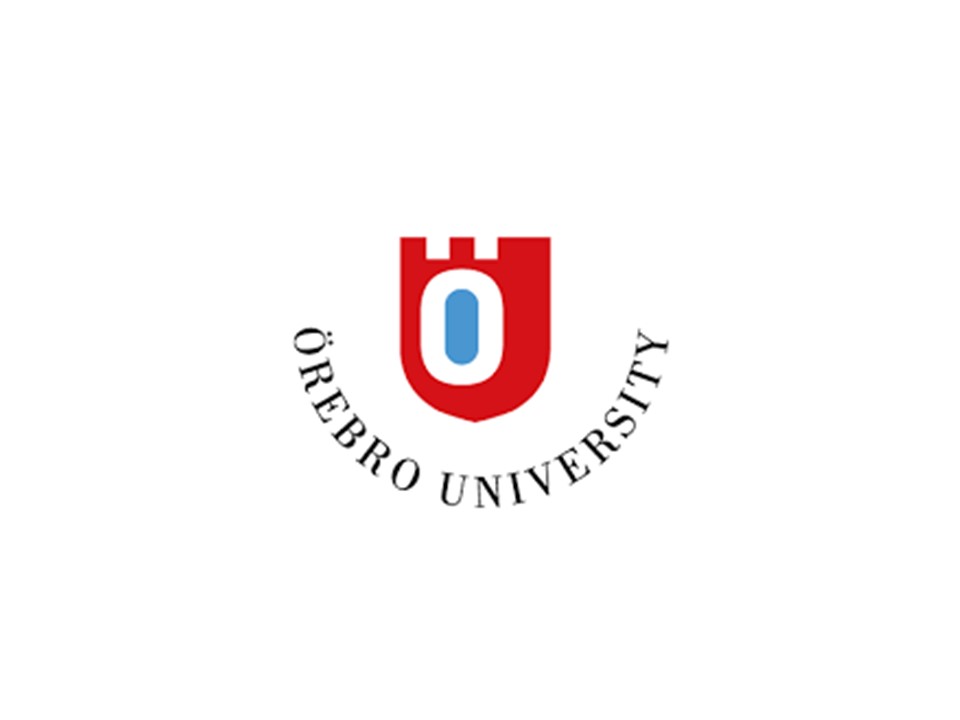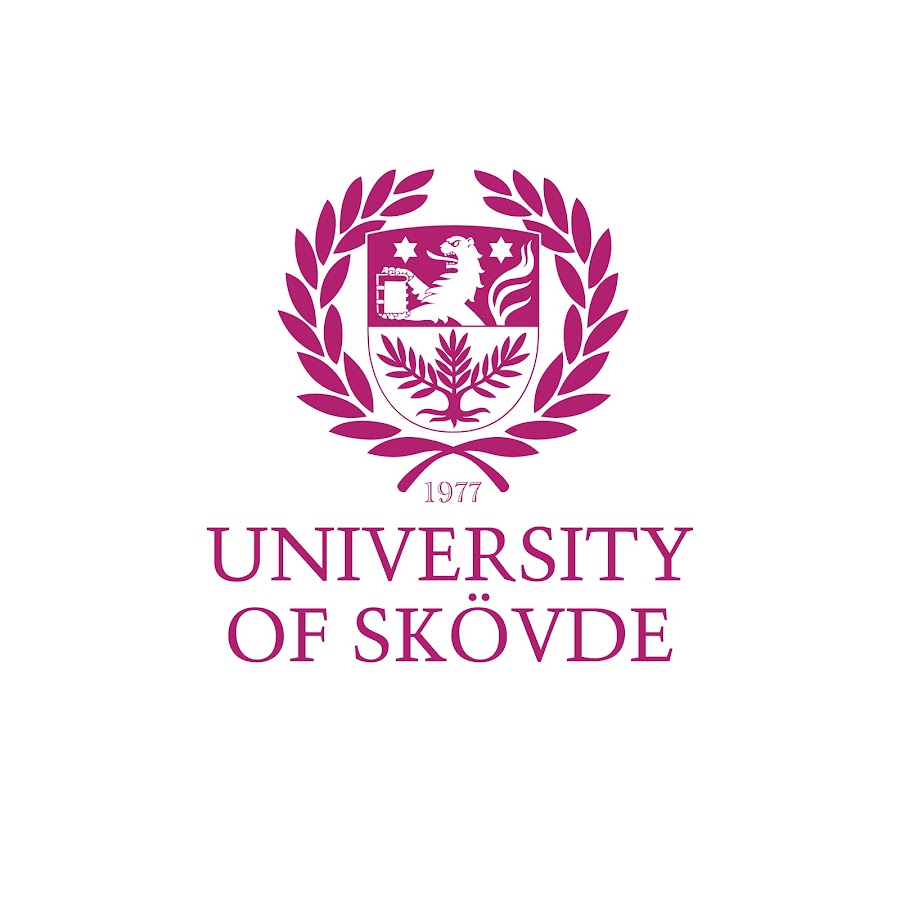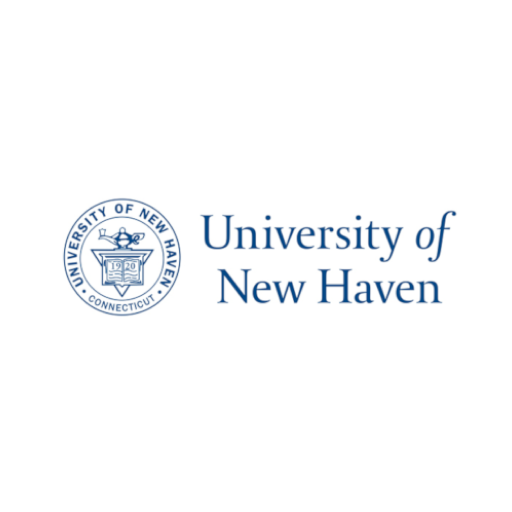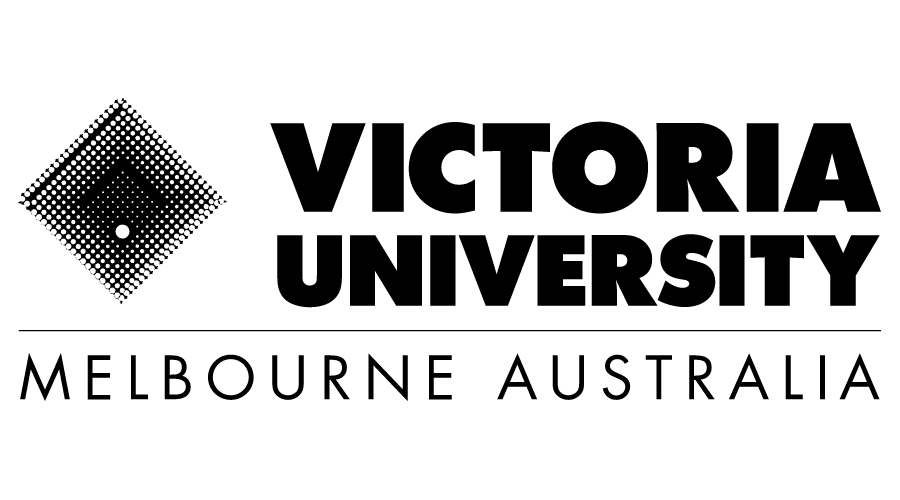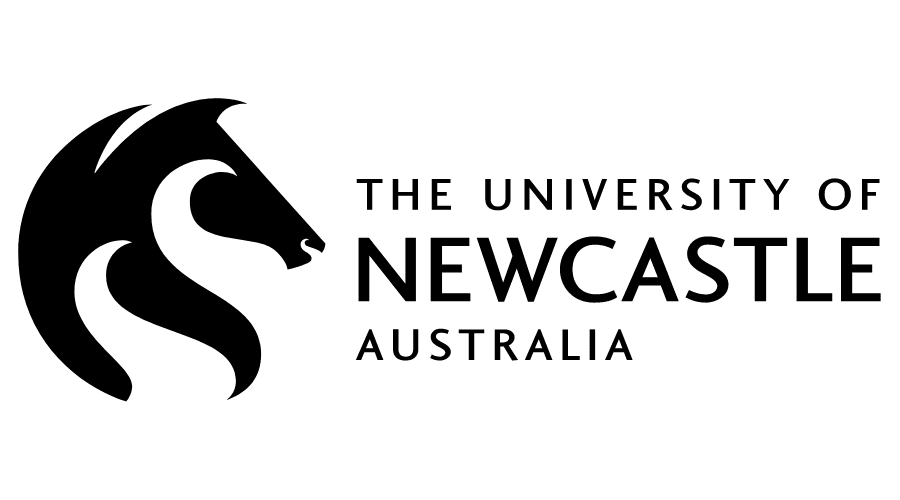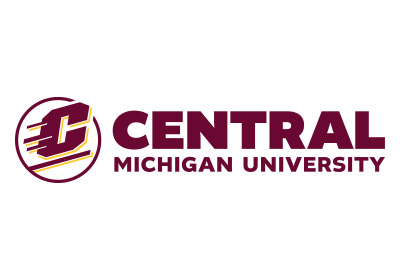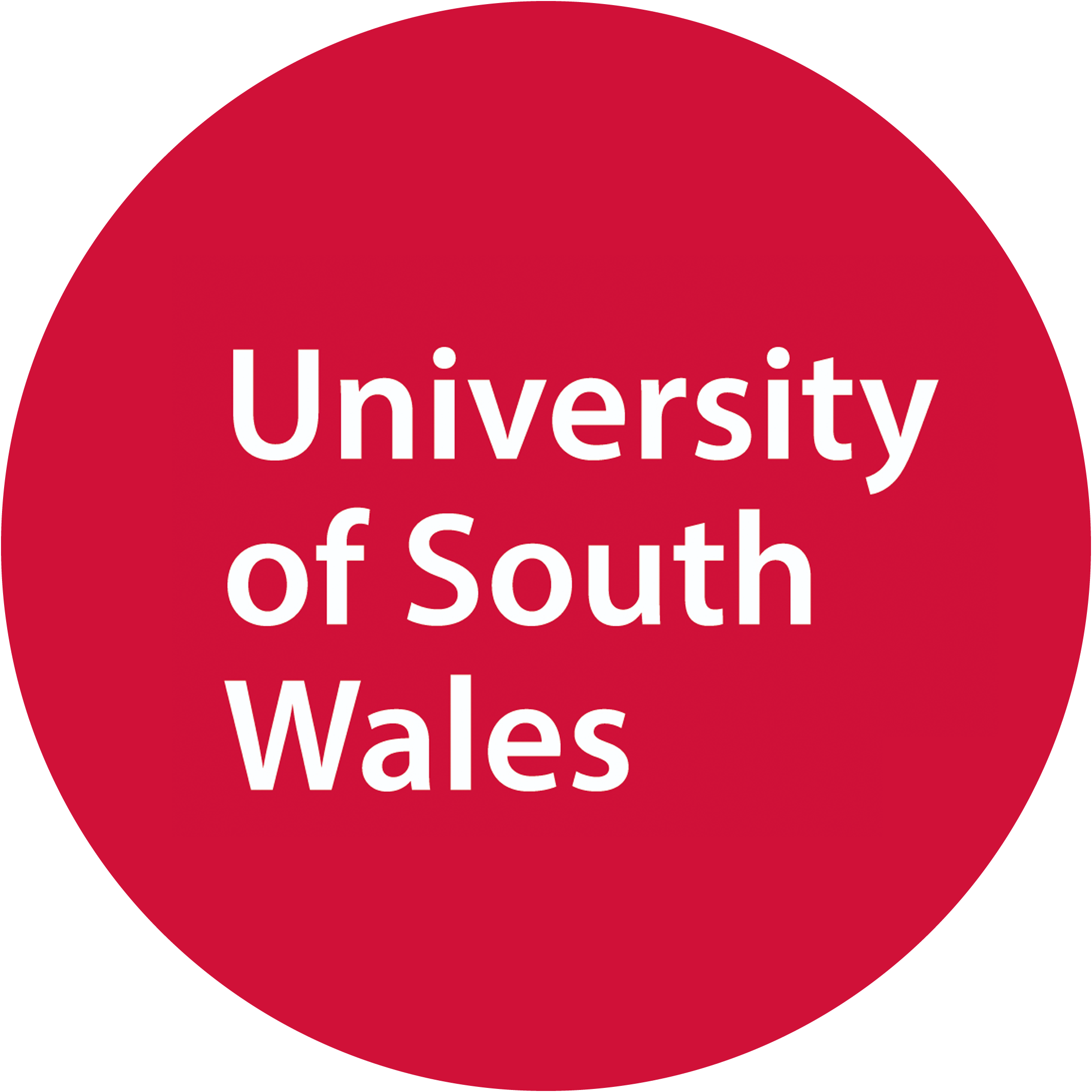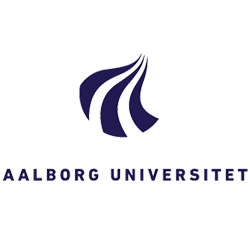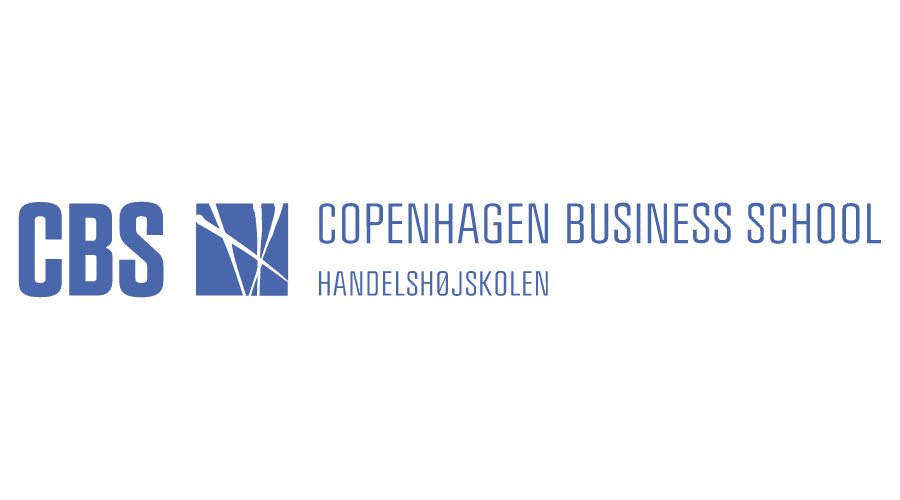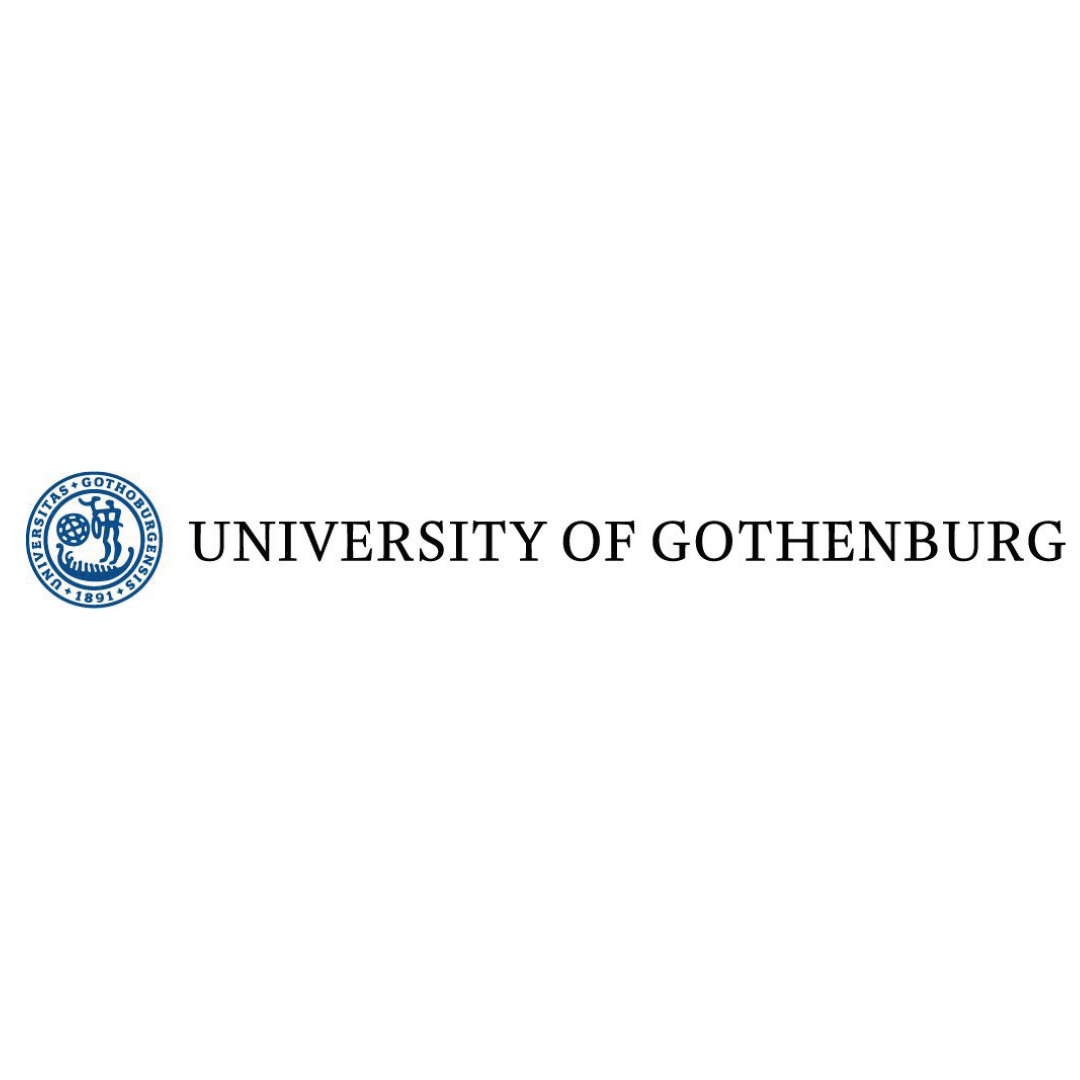RMIT is a globally renowned university known for its focus on technology, design, and enterprise. With a strong international presence, it offers a wide range of programs designed to meet the needs of a rapidly changing world. RMIT excels in several academic disciplines and is recognized as a global leader in Art and Design. The university also holds a prestigious position in Architecture, shaping the future of the built environment. Its Education programs are highly regarded, fostering innovative teaching methods. In Engineering, RMIT drives technological advancements and problem-solving. The institution is also at the forefront of Development studies, contributing to global growth and progress. Additionally, RMIT’s expertise in Business, Management, and Communication and Media Studies equips students with the skills needed for success in today’s dynamic industries.

RMIT University
Melbourne City, Australia
124 La Trobe Street, Melbourne VIC 3000
Course Details
The Master of Business Administration (MBA) cultivates the leaders of tomorrow. This highly practical program is designed to challenge, inspire, and refine your real-world business skills. Today’s business leaders are on the lookout for MBA graduates who possess extensive experience in tackling industry challenges. The RMIT MBA offers just that and more. You will have the chance to collaborate with prominent Australian brands on projects that truly make a difference in people's lives. Join fellow MBA students who have engaged in impactful projects with organizations like AGL, addressing issues such as customer bill shock and the shift to green energy, or partnering with the National Gallery of Victoria to enhance the visitor experience at Federation Square. With a strong emphasis on sustainability, social impact, and ethical practices, this MBA program will provide you with a solid understanding of business fundamentals, a fresh perspective on problem-solving, and practical skills that you can apply immediately in your career. You will study in the vibrant heart of Melbourne, surrounded by ambitious peers, seasoned academics, and industry leaders, allowing you to build your professional network from day one.
| Total Subjects | 16 subjects |
|---|---|
| Total Credits | 192 credit points |
| Intake | February, July, October |
| English Proficiency Level | GMAT overall minimum score of 550 |
| AQF Level | Level 9 |
| Duration | 2 years Full-time or 1.5 years accelerated |
The Master of International Business enhances your knowledge and skills for critical and creative thinking, offering advanced insights into modern international business theory and practice, all grounded in ethical and sustainable decision-making. This program equips you to navigate international business regulations while critically assessing the impact of business decisions through case studies and interactive, experiential learning activities.
| Total Subjects | 16 subjects |
|---|---|
| Total Credits | 192 credit points |
| Intake | February, July |
| English Proficiency Level | Minimum overall band of 6.5 (with no individual band below 6.0) |
| AQF Level | Level 9 |
| Duration | Full-time 2 years or 1.5 years accelerated |
The Master of Engineering (Civil Engineering) equips you with the expertise to lead major construction projects and implement new infrastructure and transportation systems. Designed in collaboration with senior academics and industry experts, the program provides advanced knowledge and skills to enhance your career opportunities within the civil engineering sector. You will gain specialized knowledge in high-demand areas, such as: Infrastructure planning and management Infrastructure asset management Railway infrastructure Engineering geology and advanced laboratory testing Stability of earth structures Advanced transport infrastructure. With a strong focus on project-based and interdisciplinary learning, the program will help you develop key professional engineering skills, including teamwork, leadership, problem-solving, communication, and research.
| Total Subjects | 20 subjects |
|---|---|
| Total Credits | 288 credit |
| Intake | February, July |
| English Proficiency Level | Minimum overall band of 6.5 (with no individual band below 6.0) |
| AQF Level | Level 9 |
| Duration | Full-time 2 years |
The fields of smart grid technology and renewable energy are expanding rapidly, driving strong demand in the power engineering sector and creating diverse job opportunities for electrical engineers. This degree is ideal for electrical engineering graduates seeking specialized knowledge in cutting-edge power engineering technologies, as well as for graduates from other disciplines interested in transitioning into this field. Key topics covered include: Renewable energy Power electronic converter systems High-voltage and protection systems Power transmission and distribution Building services Industrial control and automation. Through the program, you will acquire advanced knowledge and skills in power engineering, along with essential business competencies in communication, teamwork, and management.
| Total Subjects | 16 subjects |
|---|---|
| Total Credits | 192 credit |
| Intake | February, July |
| English Proficiency Level | Minimum overall band of 6.5 (with no individual band below 6.0) |
| AQF Level | Level 9 |
| Duration | Full-time 2 years |
Enhance your expertise and elevate your career with advanced skills in electrical and electronic engineering. This degree prepares you to work at the forefront of developments in areas such as: Electrical energy generation and distribution Automation Control and instrumentation Computing technologies Electronic circuit design and fabrication Microsystem and information technology Communication and network engineering. You will also strengthen key professional competencies in research, problem-solving, communication, teamwork, and leadership. Graduates can pursue careers across a wide range of industries, including electrical and electronic engineering, power generation and distribution, aerospace, automotive, computing, telecommunications, manufacturing, resources, and defense.
| Total Subjects | 12 subjects |
|---|---|
| Total Credits | 240 credit |
| Intake | February, July |
| English Proficiency Level | Minimum overall band of 6.5 (with no individual band below 6.0) |
| AQF Level | Level 9 |
| Duration | Full-time 2 years |
Enhance your skills and knowledge to become a leader in business information technology. The Master of Business Information Technology (MBIT) equips graduates to be ethically and socially responsible professionals, prepared to innovate and lead in the evolving landscape of business IT. This program is designed to prepare you for roles such as Business Analyst, Project Manager, or IT Consultant, where you will serve as a crucial link between information technology and business, delivering effective solutions for stakeholders. Through the MBIT, you’ll also have the opportunity to gain valuable insights and explore mentorship and employment opportunities by engaging with guest speakers from various organizations.
| Total Subjects | 16 subjects |
|---|---|
| Total Credits | 192 credit points |
| Intake | February, July |
| English Proficiency Level | Minimum overall band of 6.5 (with no individual band below 6.0) |
| AQF Level | Level 9 |
| Duration | Full-time 2 years or 1.5 years accelerated |
RMIT's Bachelor of Information Technology equips you with the skills to solve, support, analyze, troubleshoot, and design everything from websites and business applications to network programming for both public and private organizations. You can shape your own career path by choosing a major in Cyber Security, Enterprise System Development, or Digital Innovation. RMIT offers 15 IT specializations (minors) in its IT degree, each featuring industry-relevant courses that reflect the latest advancements in digital technologies. These subjects will enhance your skills in areas such as cloud computing, programming, data analysis, networking, data science, AI, bioinformatics, and business information systems. With work-integrated learning built into the program, you'll gain practical industry experience and build a professional network during your studies.
| Total Subjects | 24 subjects |
|---|---|
| Total Credits | 288 credit points |
| Intake | February, July, November |
| English Proficiency Level | Minimum overall band of 6.5 (with no individual band below 6.0) |
| AQF Level | Level 7 |
| Duration | Full-time 3 years |
Develop the expertise to navigate vast amounts of data generated by social media, financial transactions, transportation systems, and scientific discoveries as a data scientist. Data science is an interdisciplinary field that combines computer science, mathematical statistics, and domain expertise to manage and analyze data. As a data scientist, you'll learn how to extract valuable insights and opportunities from the large datasets that organizations collect. The field emphasizes specialized computational skills needed to handle and analyze big data from sources like sensors, mobile devices, and transaction records. Data science empowers businesses to gain a competitive advantage, enables governments to provide more targeted services, and helps research teams make groundbreaking discoveries.
| Total Subjects | 12 subjects |
|---|---|
| Total Credits | 192 credit points |
| Intake | February, July |
| English Proficiency Level | Minimum overall band of 6.5 (with no individual band below 6.0) |
| AQF Level | Level 9 |
| Duration | Full-time 2 years |
Use your research skills to advance radiotherapy, diagnostic medical procedures, and health physics. This program includes a research project and five specialized courses in health physics, radiation protection, and medical physics, covering: Radiation oncology (radiotherapy) Diagnostic imaging (nuclear medicine, CT, MRI) Radiation protection Human anatomy and physiology Accredited by ACPSEM, this postgraduate qualification is required to become a certified medical physicist. The research project aligns with your interests and is conducted with partner organizations, examined by thesis or publications. You’ll have access to advanced equipment, including medical linear accelerators, nuclear medicine imaging systems, and facilities like the Australian Synchrotron.
| Total Subjects | 9 subjects |
|---|---|
| Total Credits | 180 credit points |
| Intake | Continuous |
| English Proficiency Level | Minimum overall band of 6.5 (with no individual band below 6.0) |
| AQF Level | Level 9 |
| Duration | Full-time 2 years |


